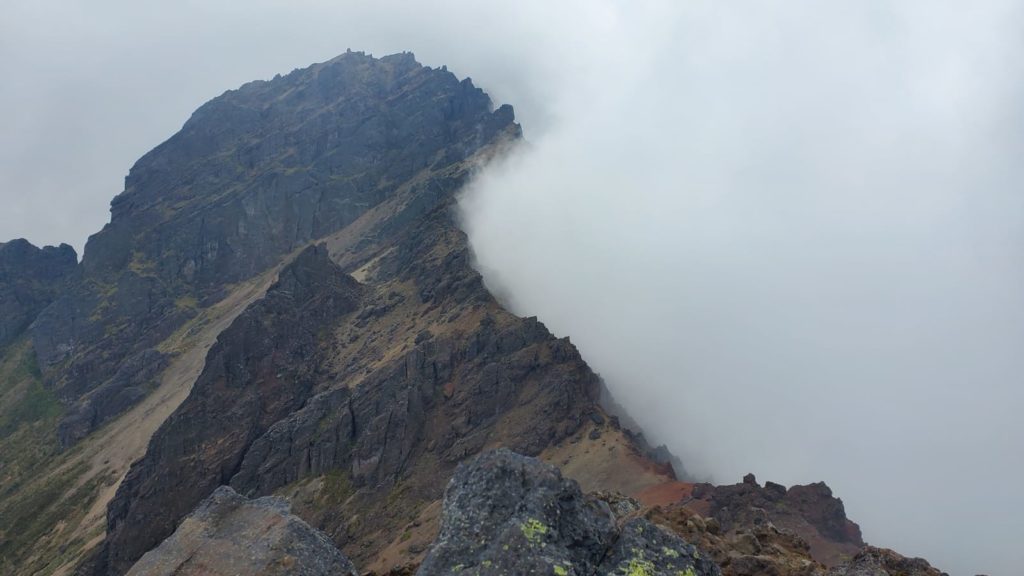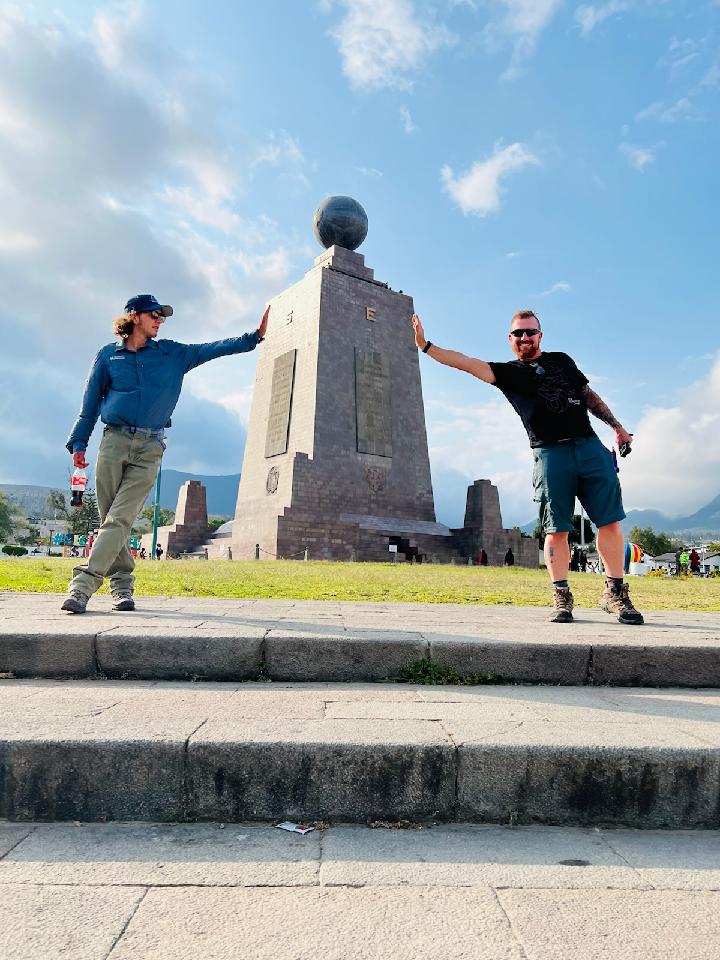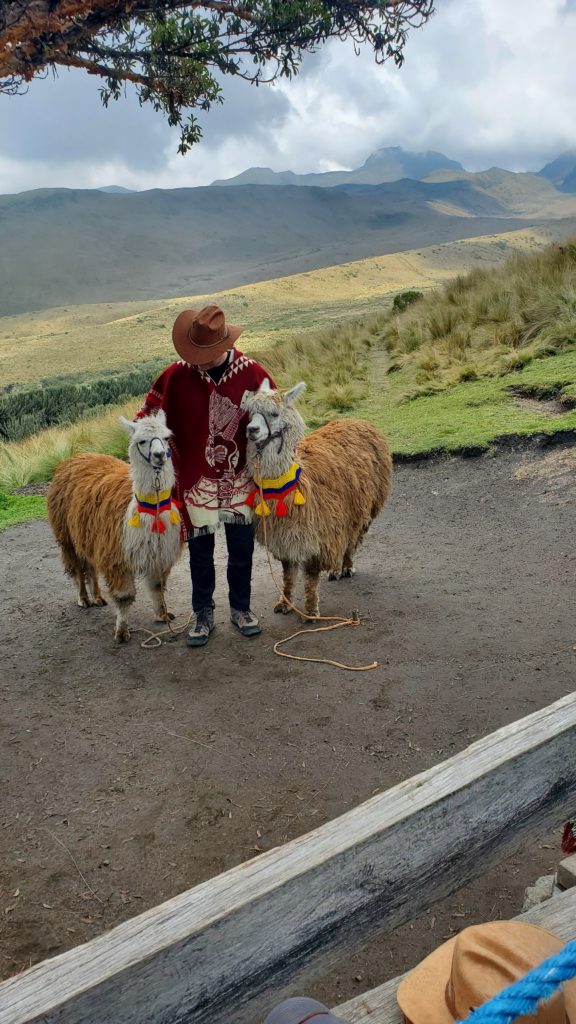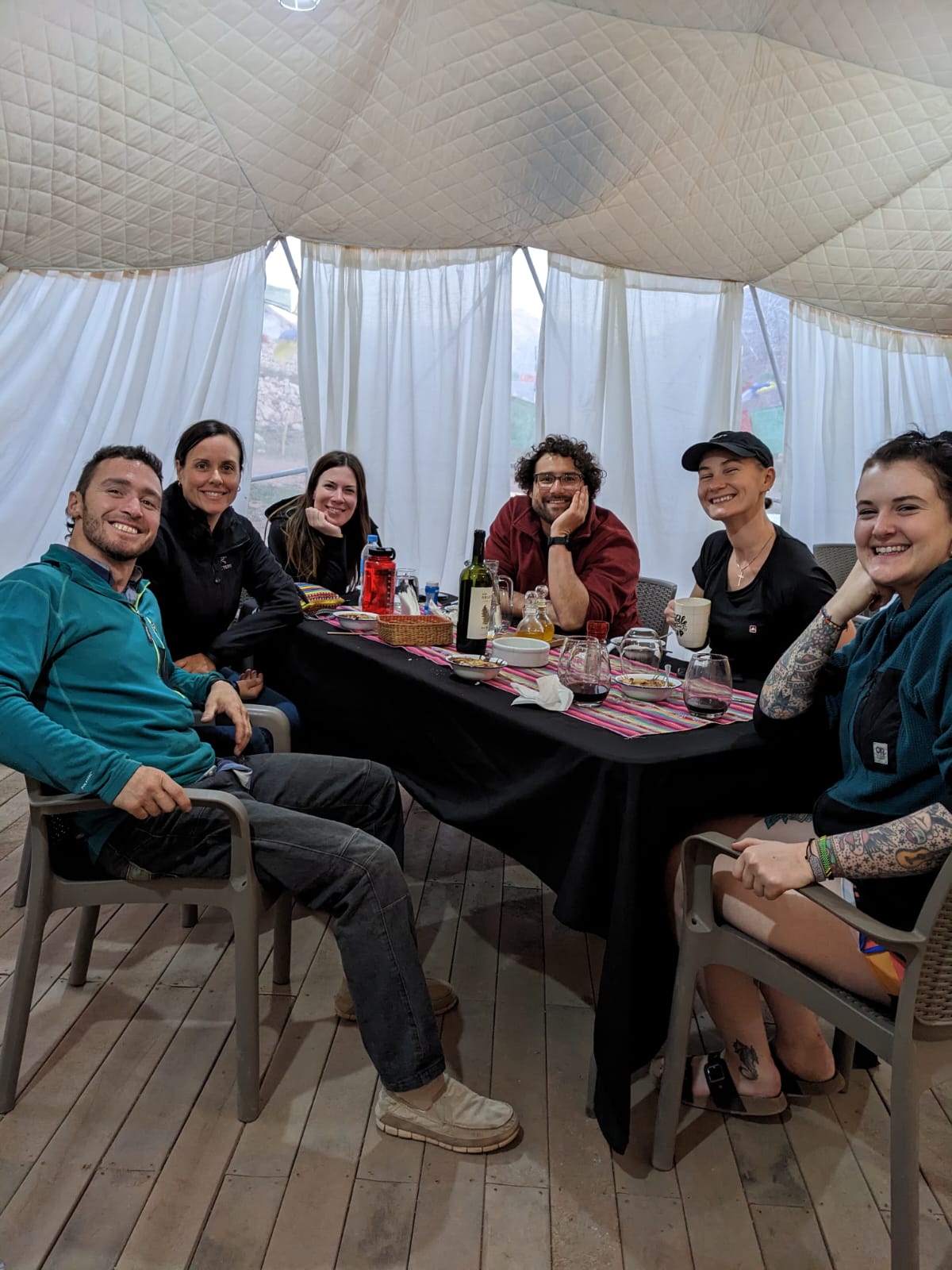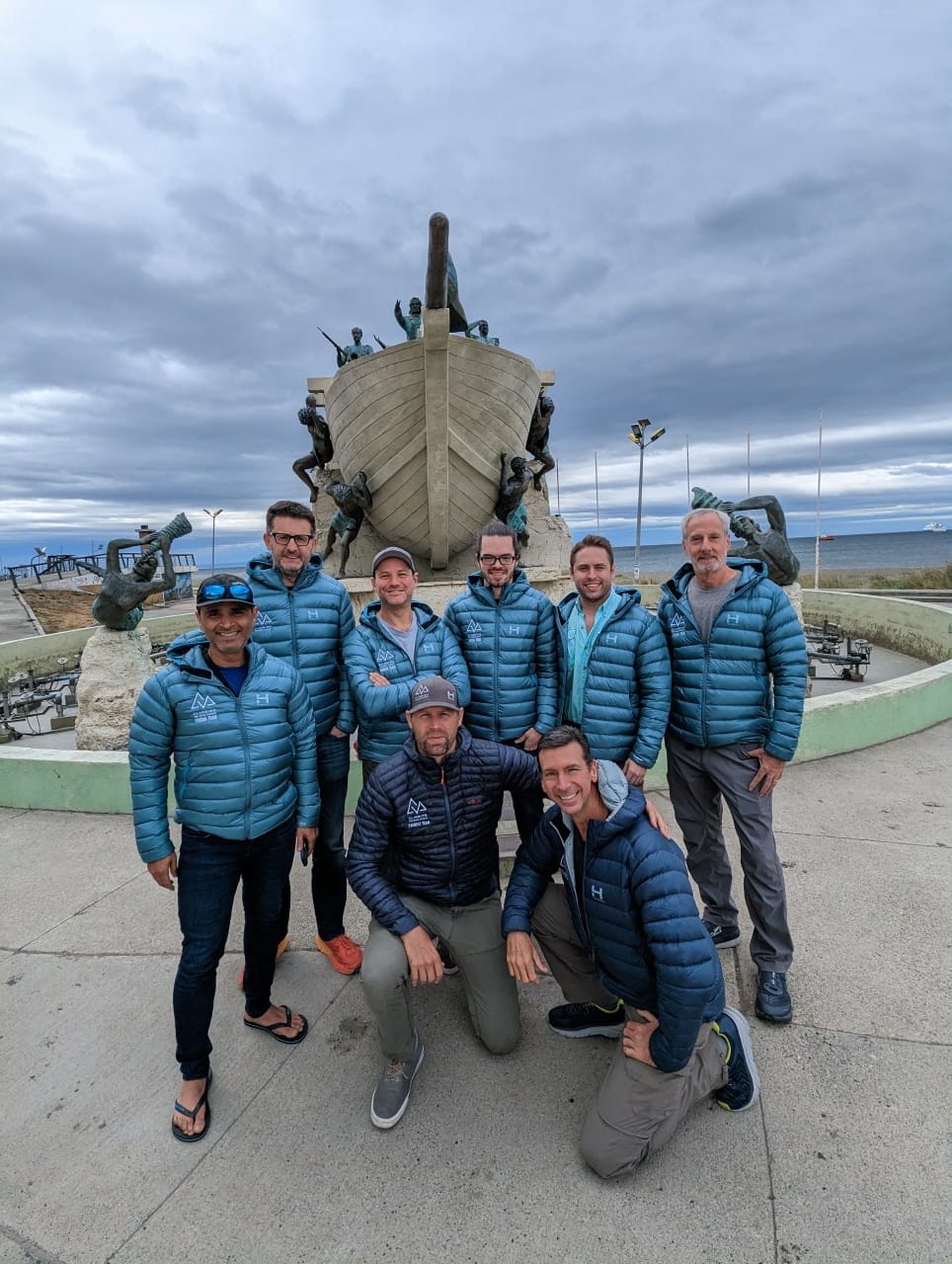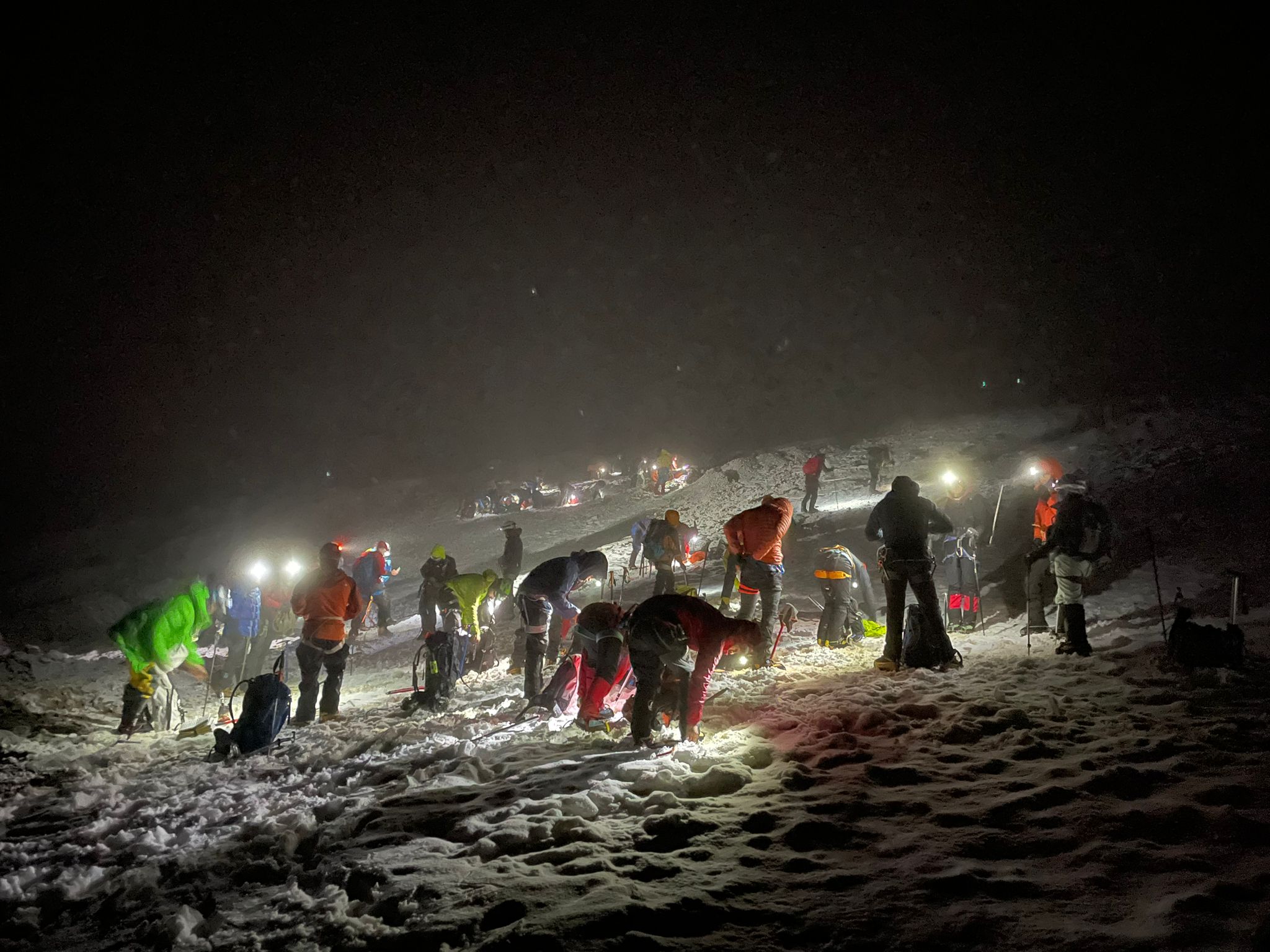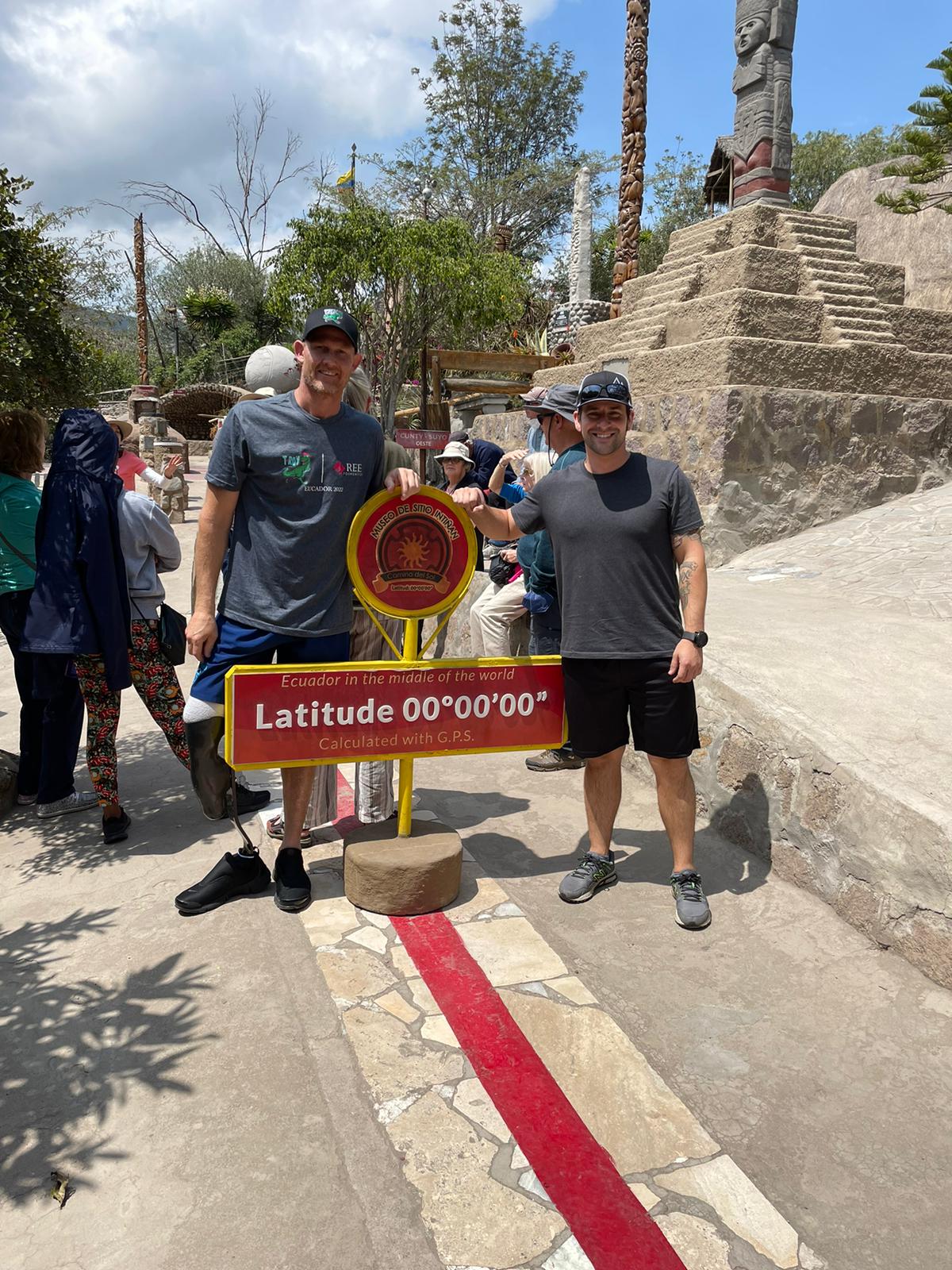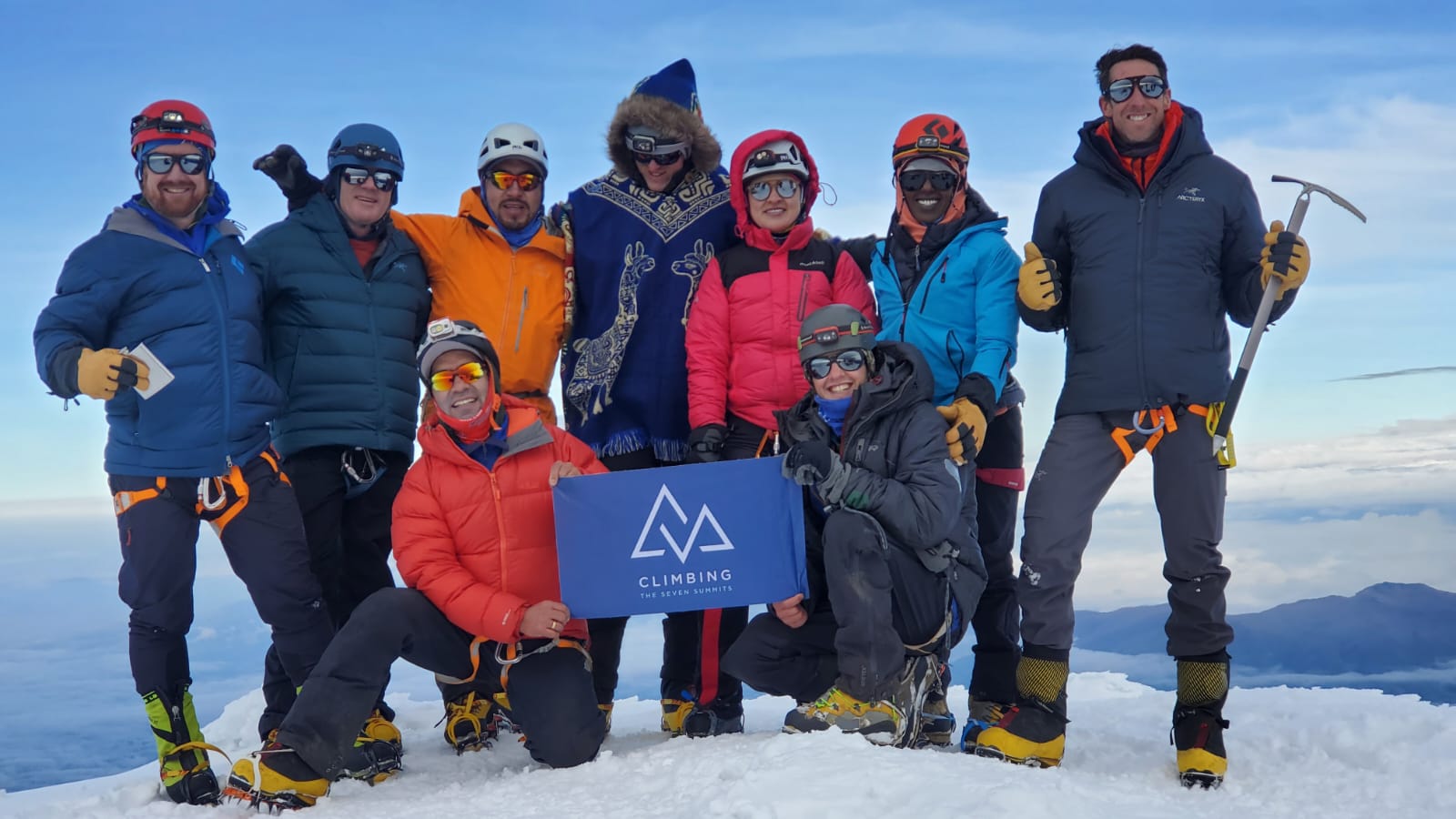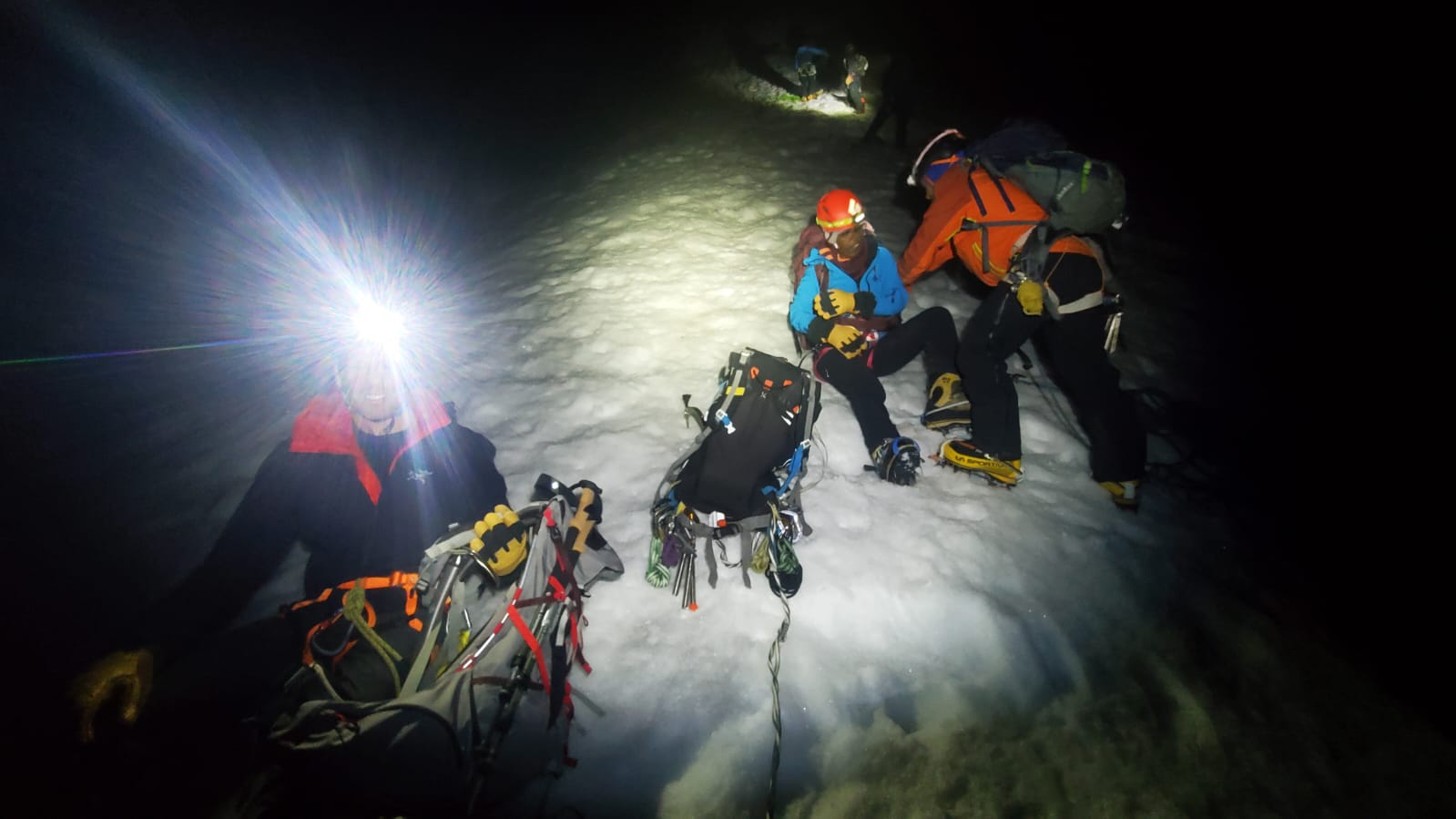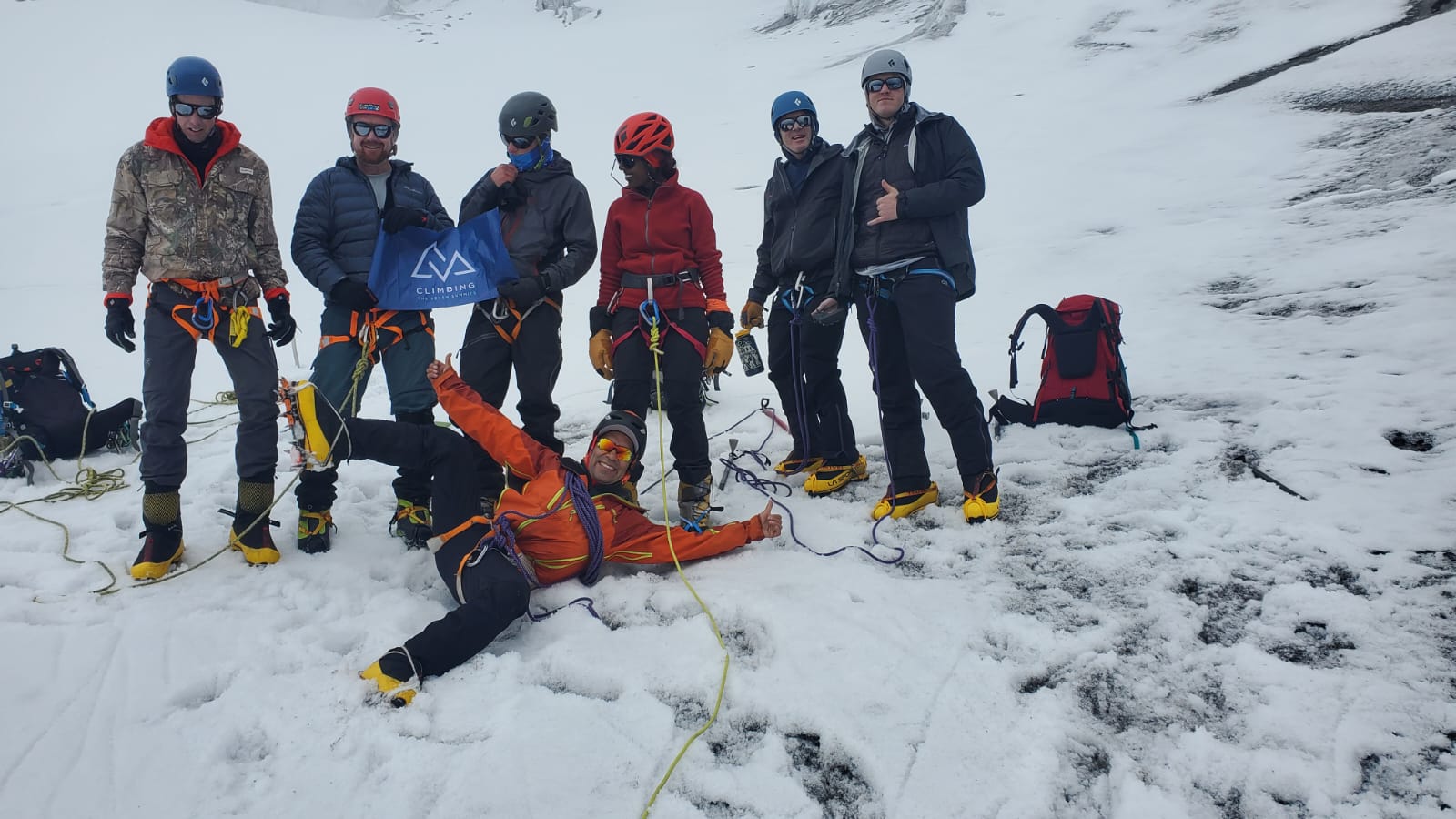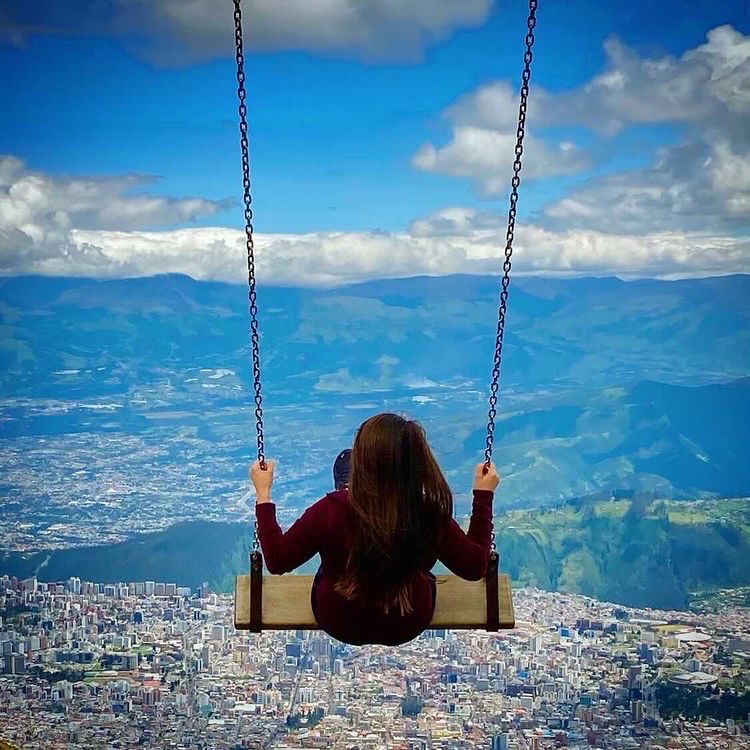Aconcagua team about to take to the trail
Our Aconcagua team will be waking up very excited this morning to start their approach hike to the mountain.
Yesterday they travelled from Mendoza to Puente del Inca (2,725m) to start their acclimatization and spend the night in the dome tents.
Today they will enter the Aconcagua Provincial Park via the Vacas Valley and do a mule assisted hike to the first camp; Pampa de Lenas Camp (3,100m) approximately 13km away, at the side of the river. These approach days are deliberately slow paced to allow the climbers to acclimate. The valley surrounds are very dry so it's all about covering up from the sun and making sure you have lots of sunscreen on!
Exciting times on Aconcagua and everyone is ready and raring to go.
Cheers
CTSS Team
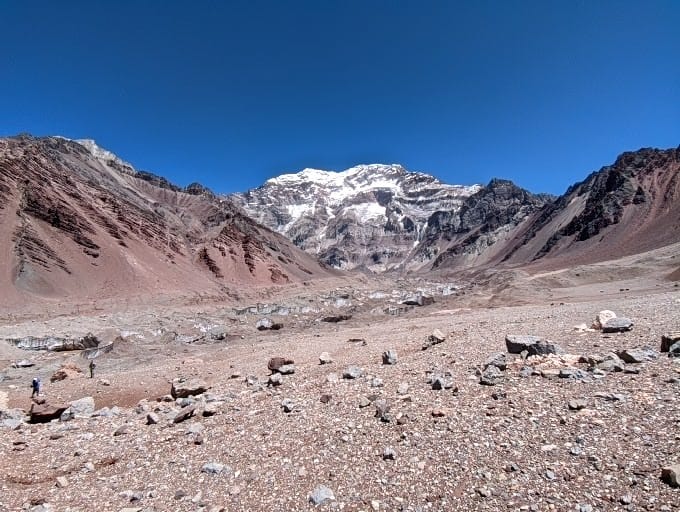
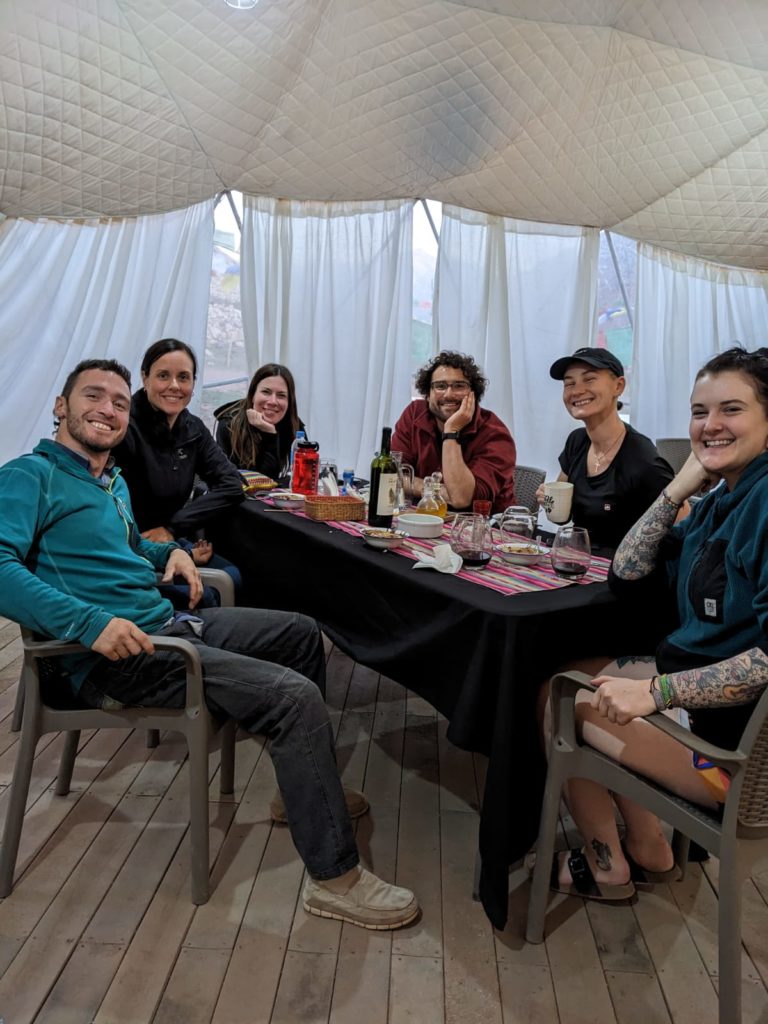
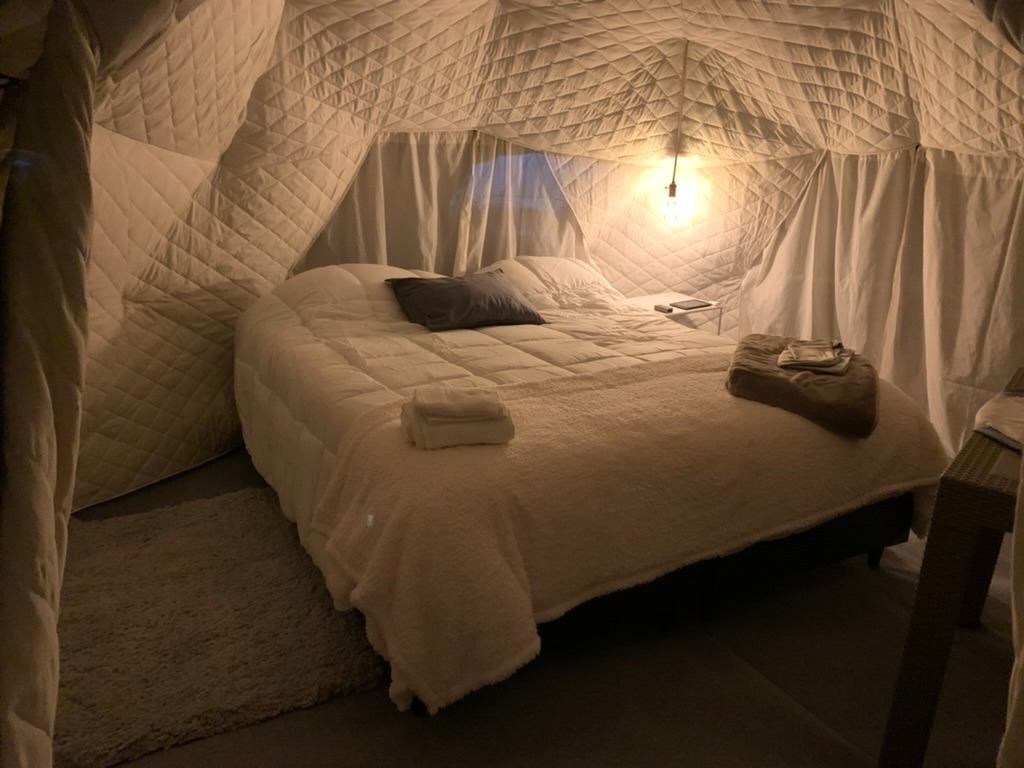
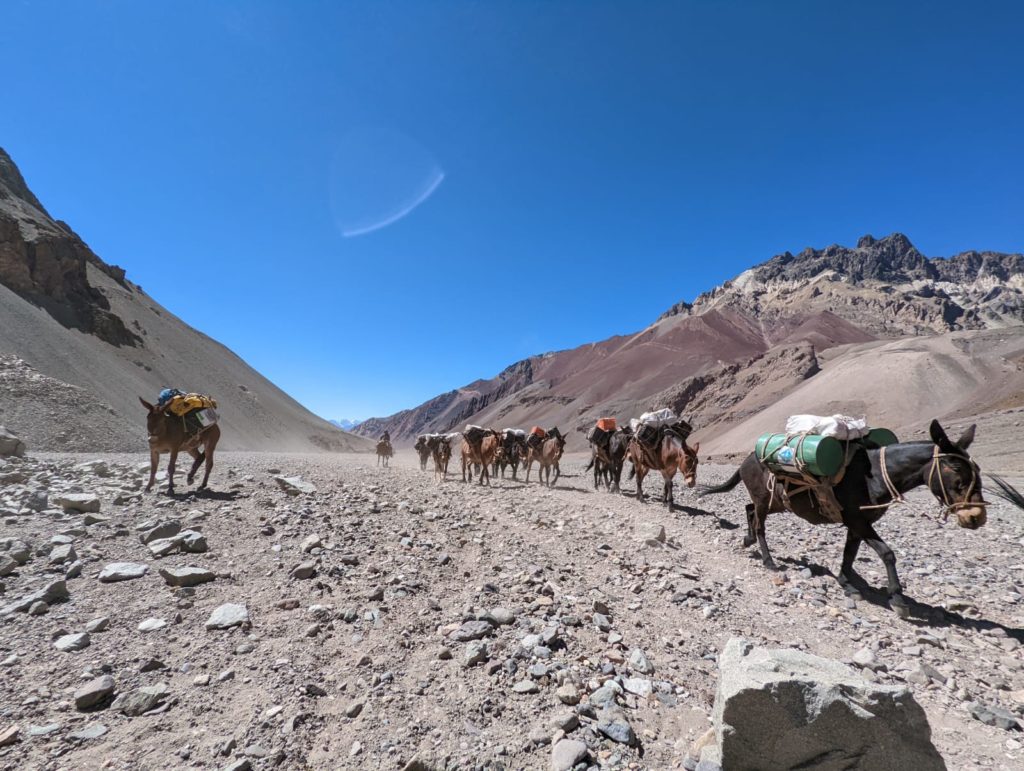
Aconcagua Kicks Off
The team--and most of their luggage--has arrived in Mendoza, Argentina, where we've been doing gear checks and guide briefings.
The team celebrated with a dinner in town tonight. Tomorrow they will finalise their permits and hit the road to Penitentes where they begin their approach trek to the mountain the following day.
We're excited to kick off the first team departure of the 2022/2023 Aconcagua season!
Cheers
CTSS Team
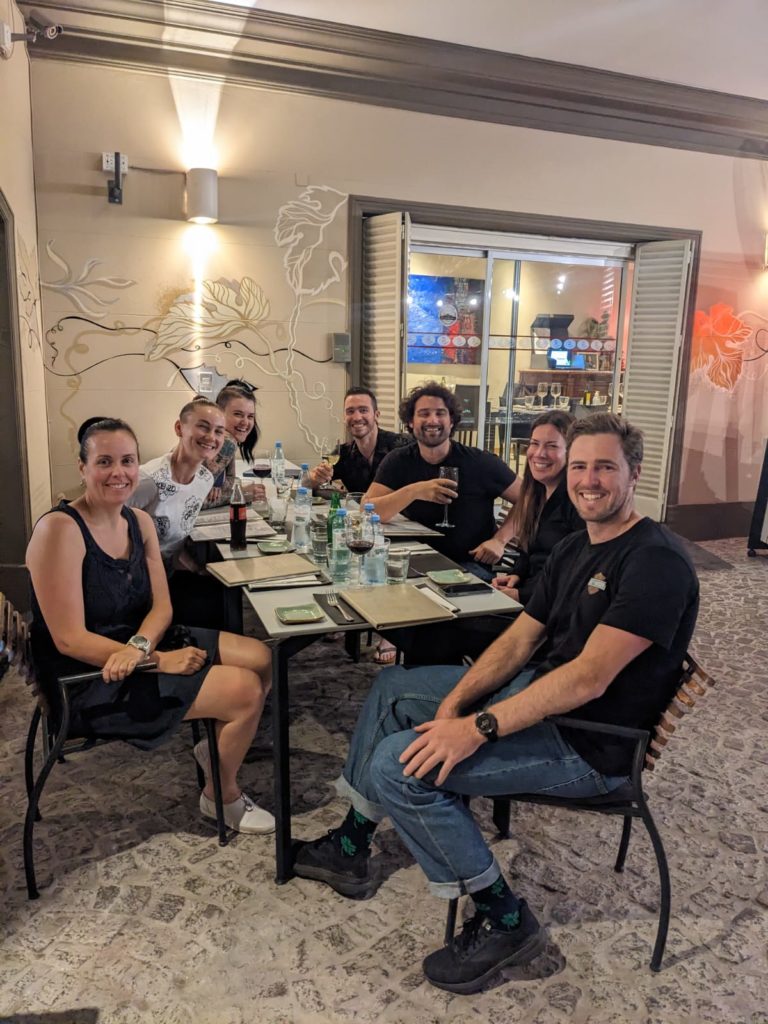
Vinson Season Kicks Off
Our first 2x Vinson teams for the season have flown onto the ice and landed safely in Antarctica and are now at Union Glacier after a busy few days in Punta Arenas, packing, covid testing and briefings.
This departure, we have two teams moving independently but in parallel. The first team is headed up by Tomi Ceppi and Zeb Blaiss, the other by Mike Hamill and Robert Jantzen.
Both groups have already set up Camp at UG and will look to fly over to Vinson Base Camp on the smaller ski planes tomorrow morning if the weather stays agreeable which it is forecast to do.
It's great to get underway and we are so excited to be back to the most remote of the 7 summits, and share this magical and pristine environment with the climbers. What a way to celebrate a very icy, white Christmas!
Cheers
CTSS Team
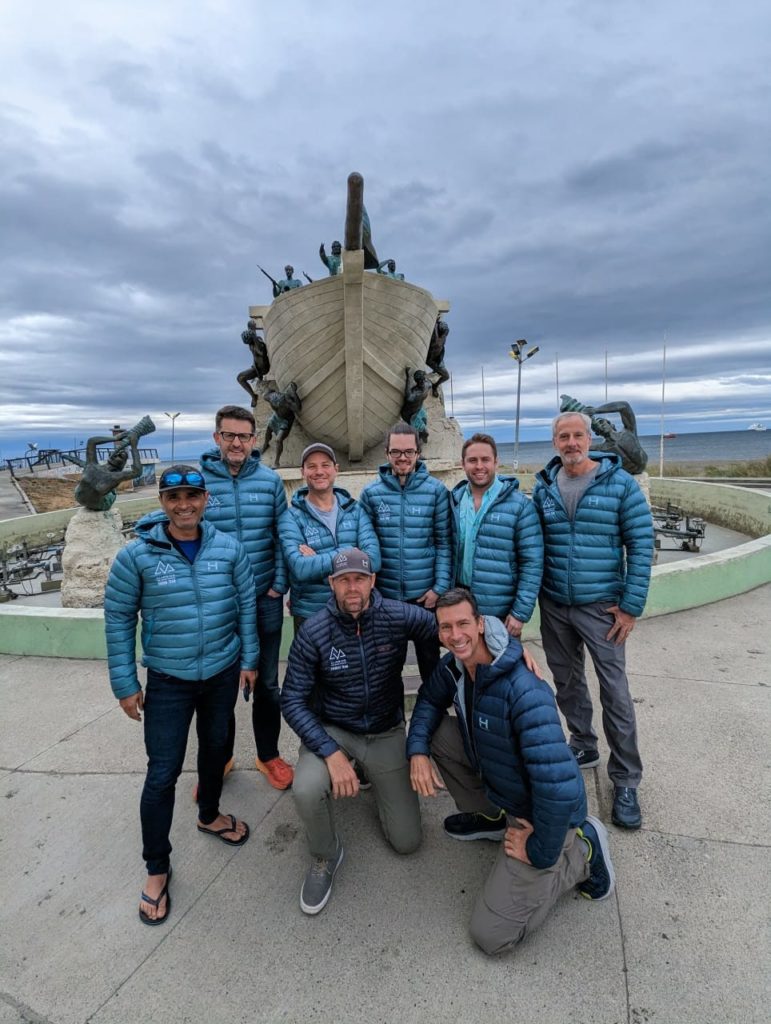
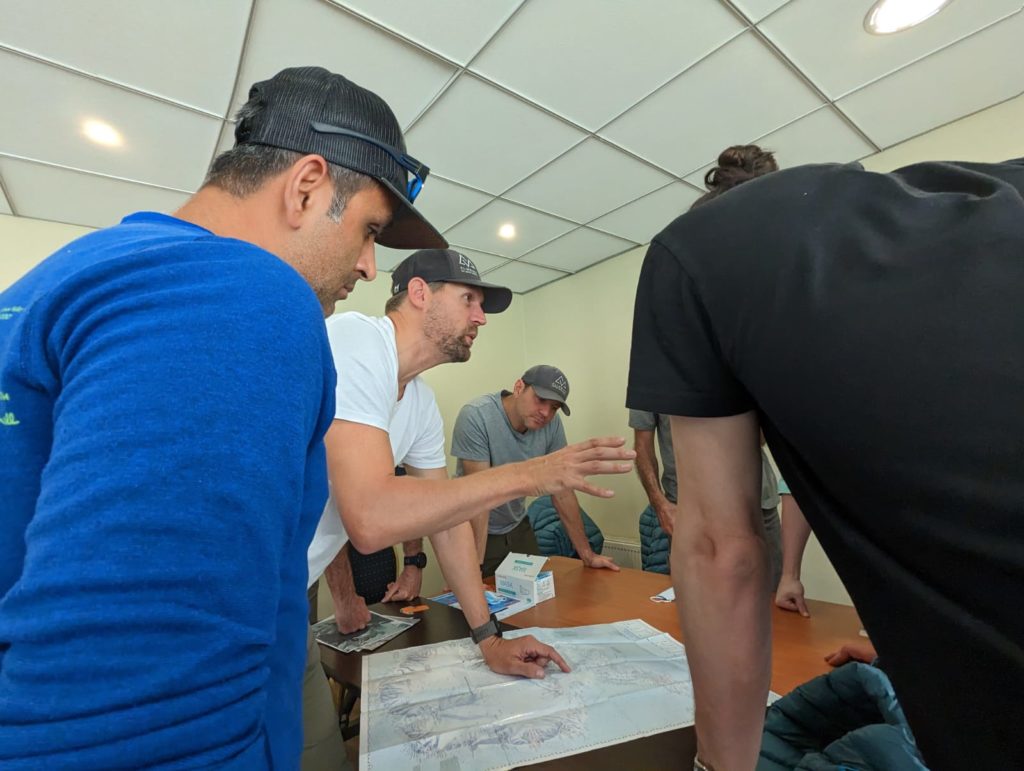
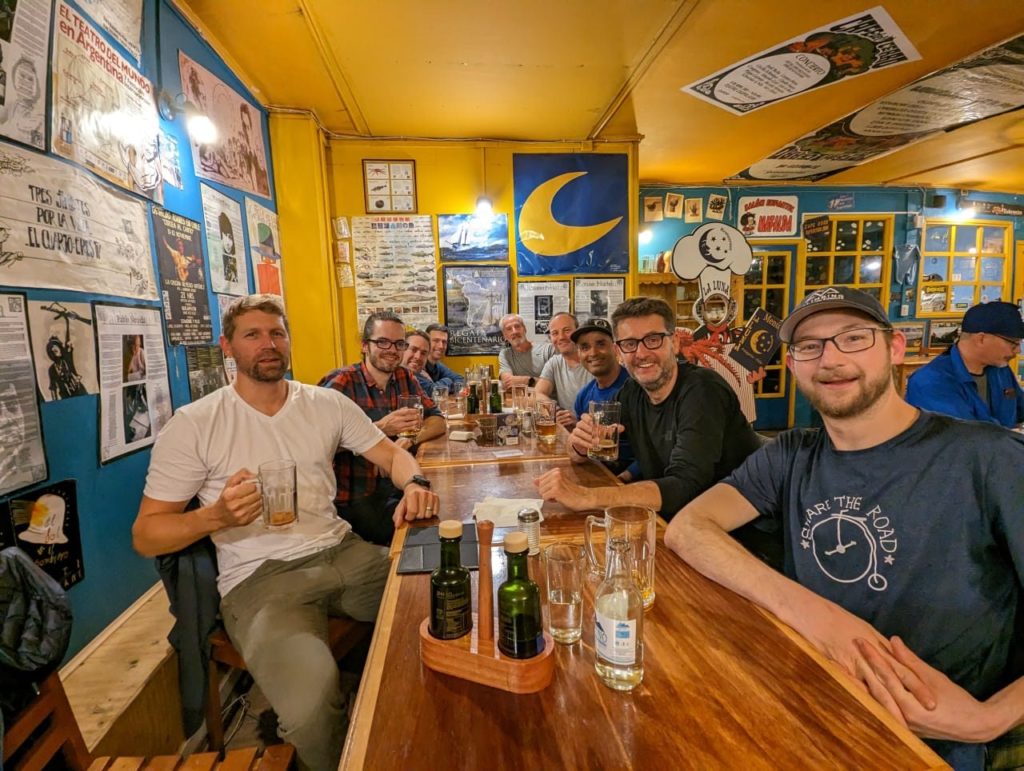
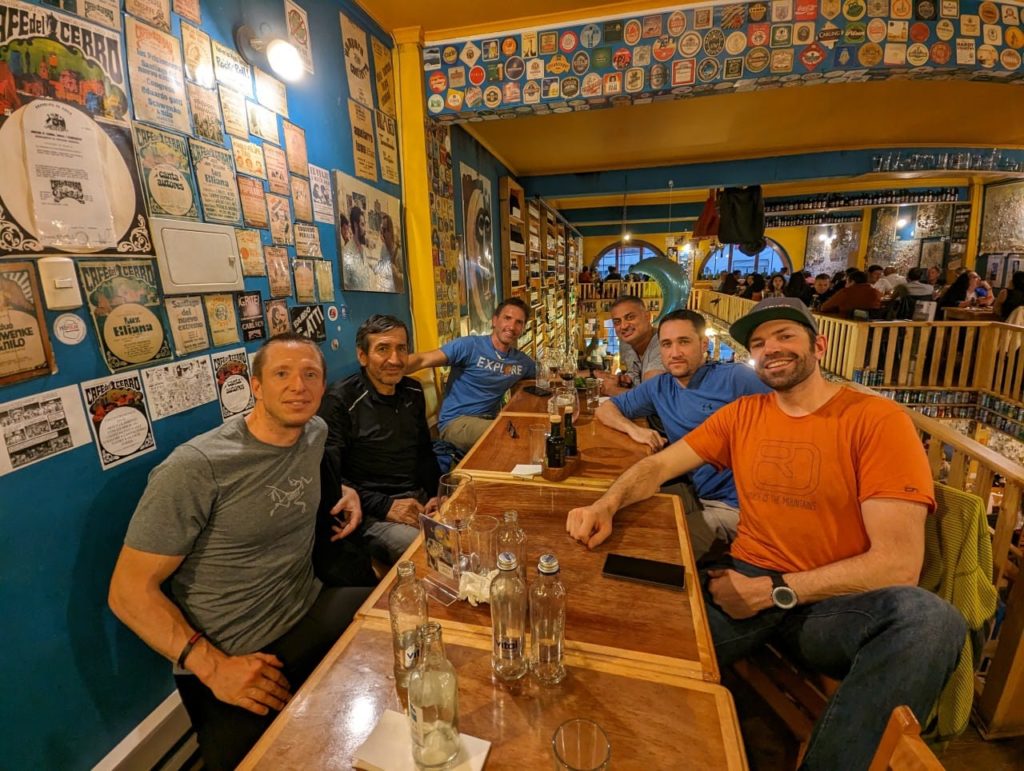
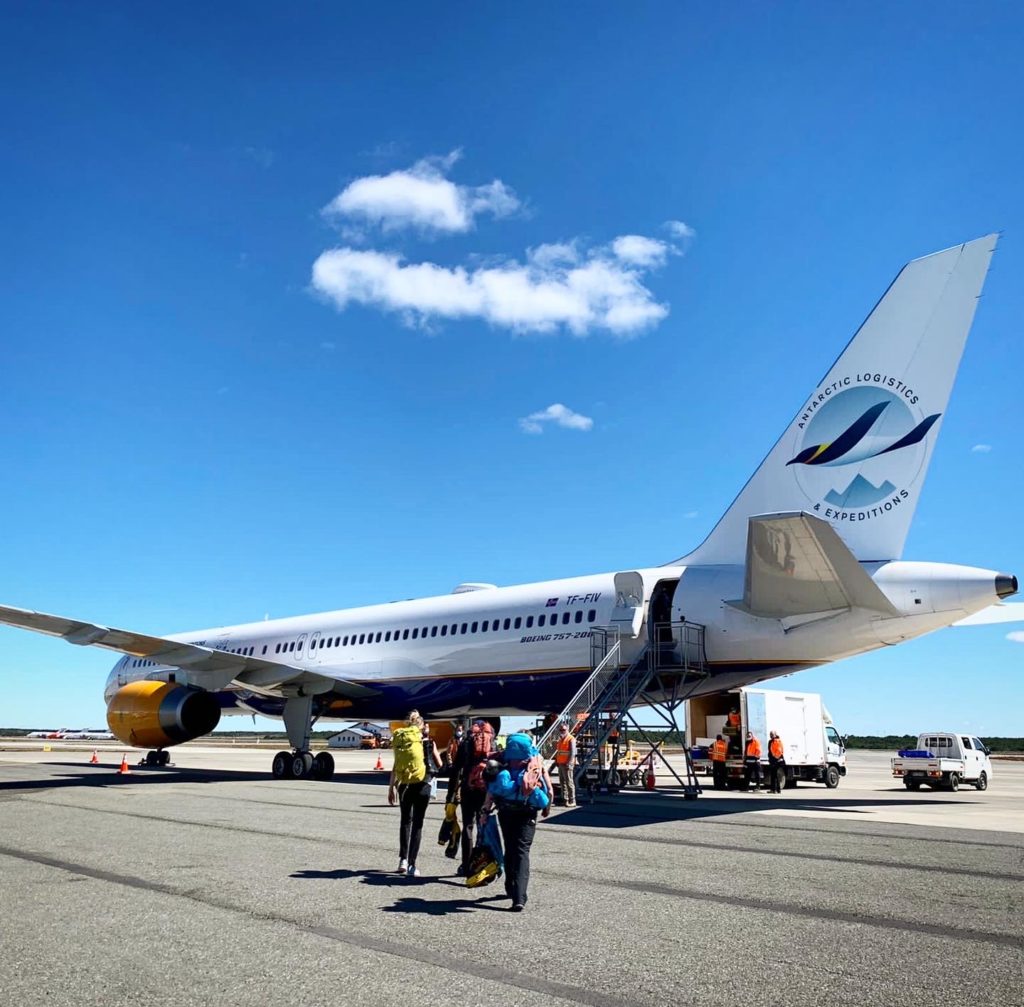
Aconcagua Summit!
CONGRATULATIONS!
Our early private Aconcagua climb had a successful summit today via the Polish Glacier route. Guide Quique and climber Taylor climbed hard all day starting early in the morning and summiting just after 5:00 this afternoon. They're now back in camp, certainly they'll be looking forward to a good nights rest after a heck of a climb.
The Polish Glacier route is a far less frequently climbed ascent of Aconcagua than either the Normal Route or our usual Aconcagua 360 traverse. With some fixed lines, steep snow, ice bulges and strenuous technical climbing above 20,000 feet it is an extremely proud accomplishment.
Tomorrow Taylor and Quique will descend back to basecamp to enjoy the thick air and relax for an afternoon. After that it's back out the Horcones Valley and down to Mendoza to put a bow on this highly successful expedition.
While this trip is wrapping up our first group climb starts tomorrow. We'll keep you all posted as our climbers arrive and make their way up the Vacas Valley on the Aconcagua 360 route over the next 3 weeks.
Cheers,
CTSS Team
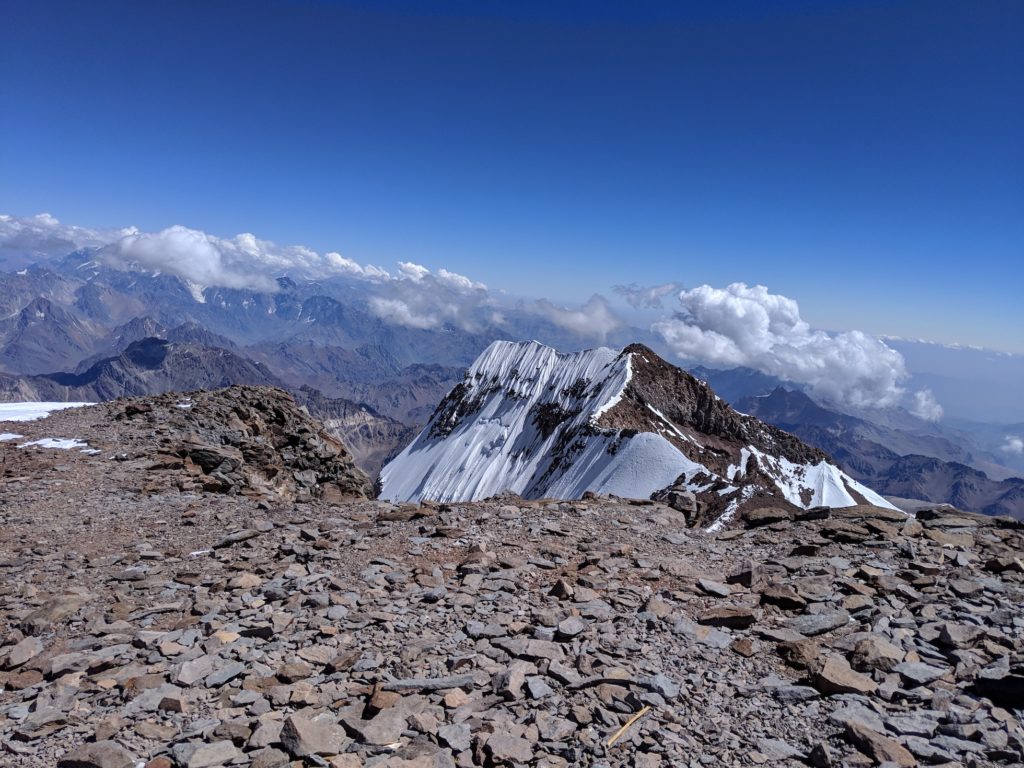
Ecuador Update: Views, a Birthday, and Cayambe
After a relaxed start in Quito, it was time to head off and up. A spectacular hike up Fuya Fuya on day 2 took place in perfect weather and was a great start to our climbing, and the views were really amazing! Overnight at a lovely lodge in Otavalo and the next morning the adventure continued heading to the refugio at Cayambe. Roadworks on the 4x4 track to the Refugio meant a longer hike than normal. When the mountains don't throw curveballs, the local road works do! If you've climbed Cayambe already you'll know just how much that road needs a bit of TLC.
Day 3 started early, so we could get some solid training on the glacier in preparation for our summit push the following day. Some gear checks and an early night but not before a birthday celebration! A bit of sleep and we got an early start for the summit at midnight. Given how busy it was, that was a good decision.
Cayambe's summit wasn't so accommodating as the misty weather and zero visibility quickly turned to wet snow on the glacier and made a summit impossible. The team worked hard through deep wet snow to reach 17,000ft (5,180m) before turning around, still a big day out in the mountains even without a summit. On the flip side, after descending the team headed for Papallacta spa resort and their relaxing hot springs!
Yesterday was a move from Papallacta to the beautiful Chilcabamba Lodge as the team head for Illiniza Sur today. Some great forecasts for both Iliniza and Chimborazo have the guys pumped and ready to tag some summits!
Cheers,
CTSS Team
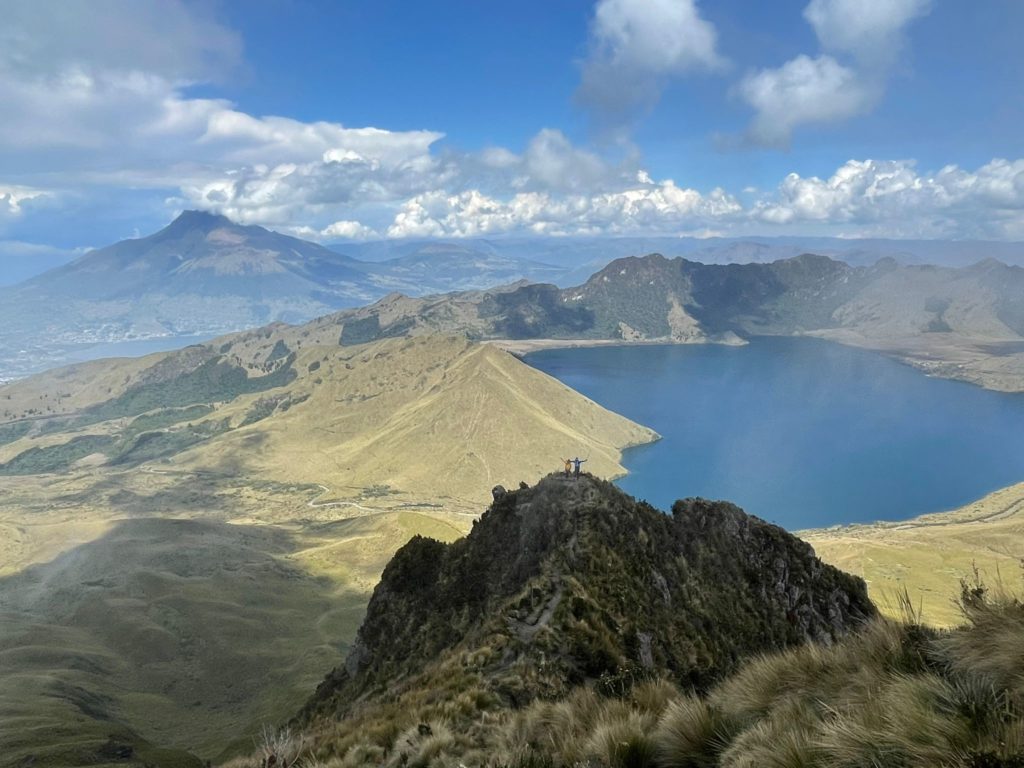
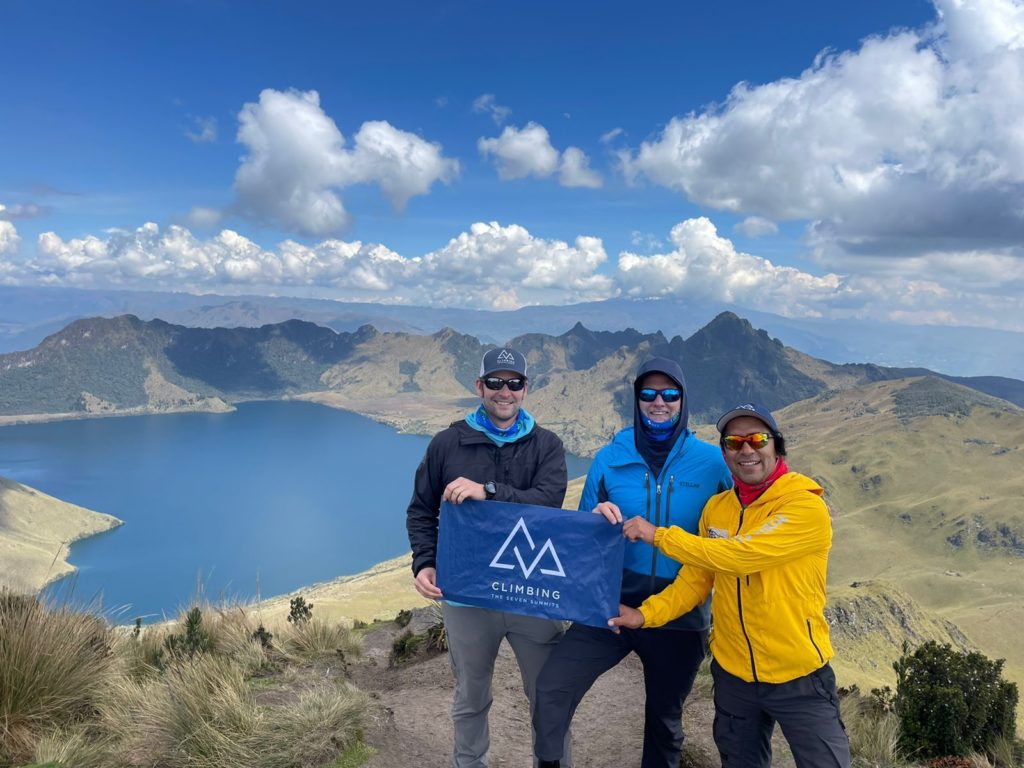
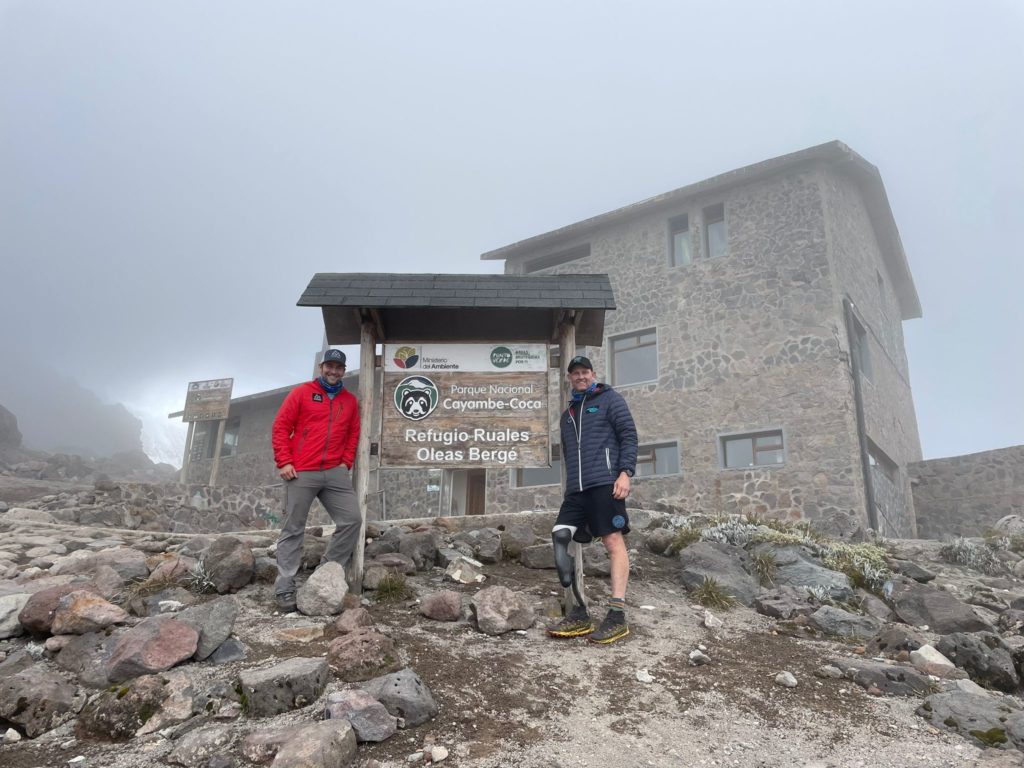
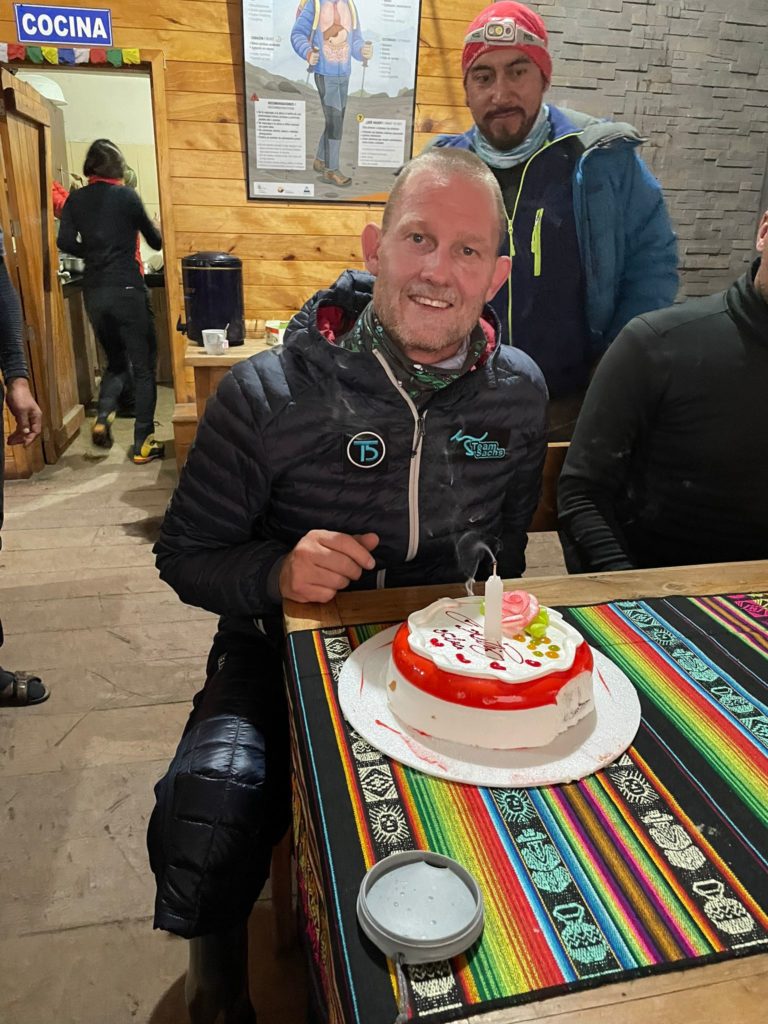
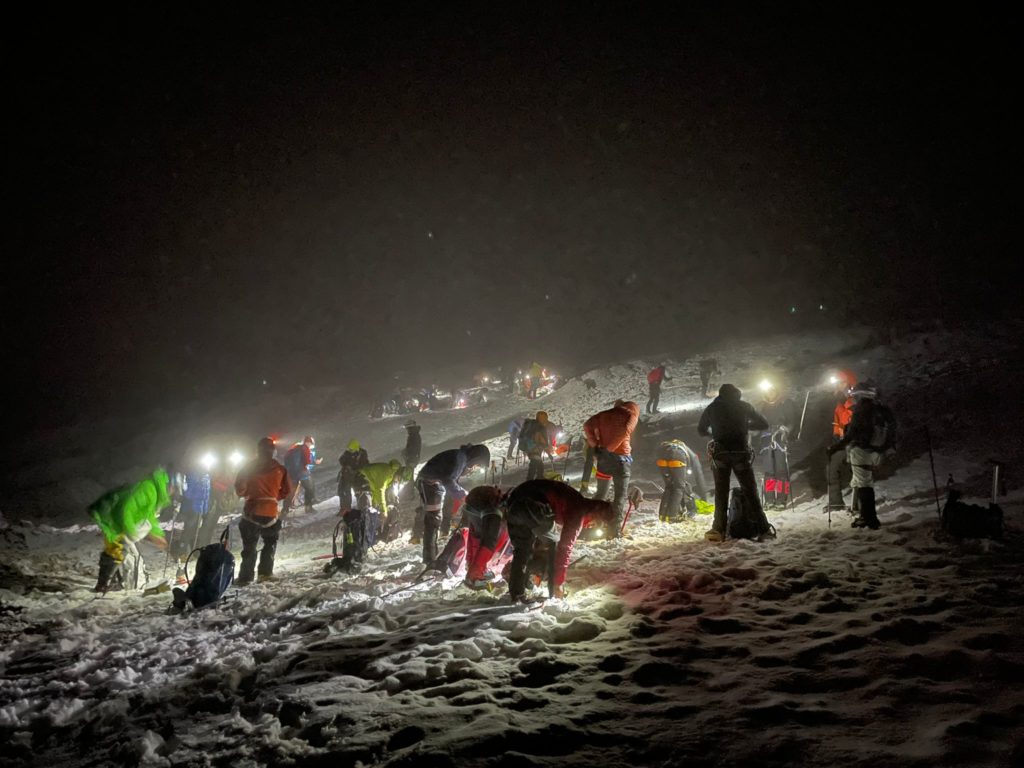
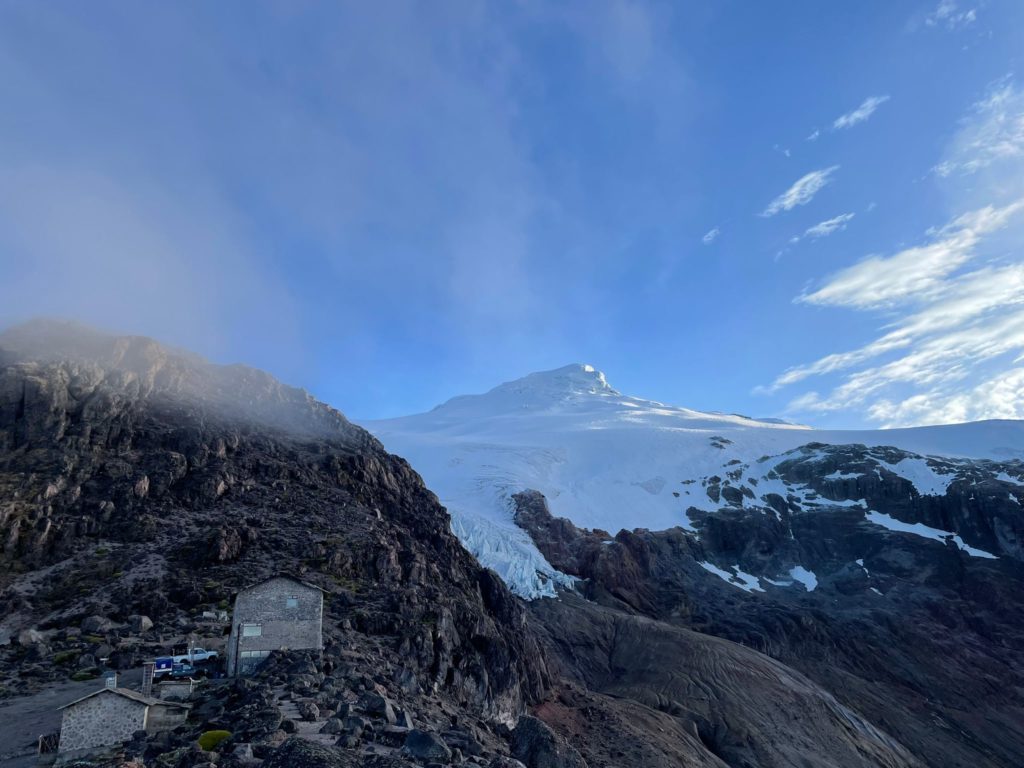
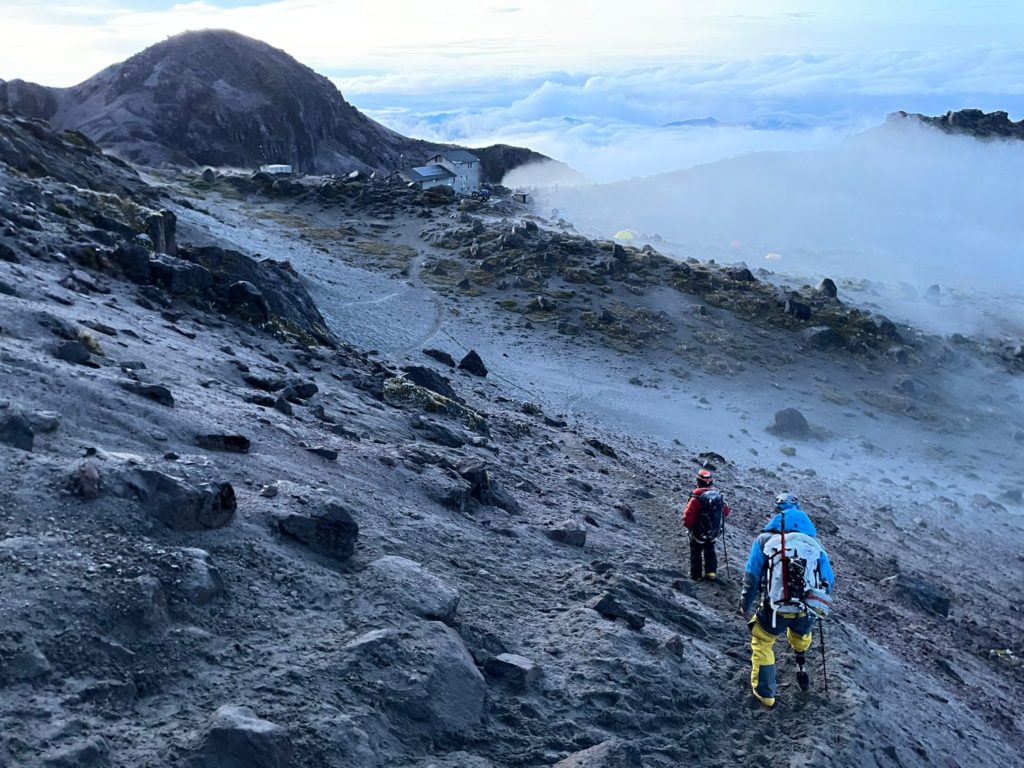
Ecuador Expedition Exits Quito
Our latest Ecuador expedition is off to a chilled start. Yesterday guide Josh McDowell and our small private team did a short guided tour of the city, and then headed to the Equator marker - Tick!
A late lunch to go over logistics for the remainder of the trip and then some down time before the hard work starts.
Today the fun begins when the team heads to Otavalo where we will overnight after an acclimatization hike to Fuya Fuya to help get us ready for the altitude to come.
The team is happy to be in Ecuador and are ready to get climbing!
- CTSS Team
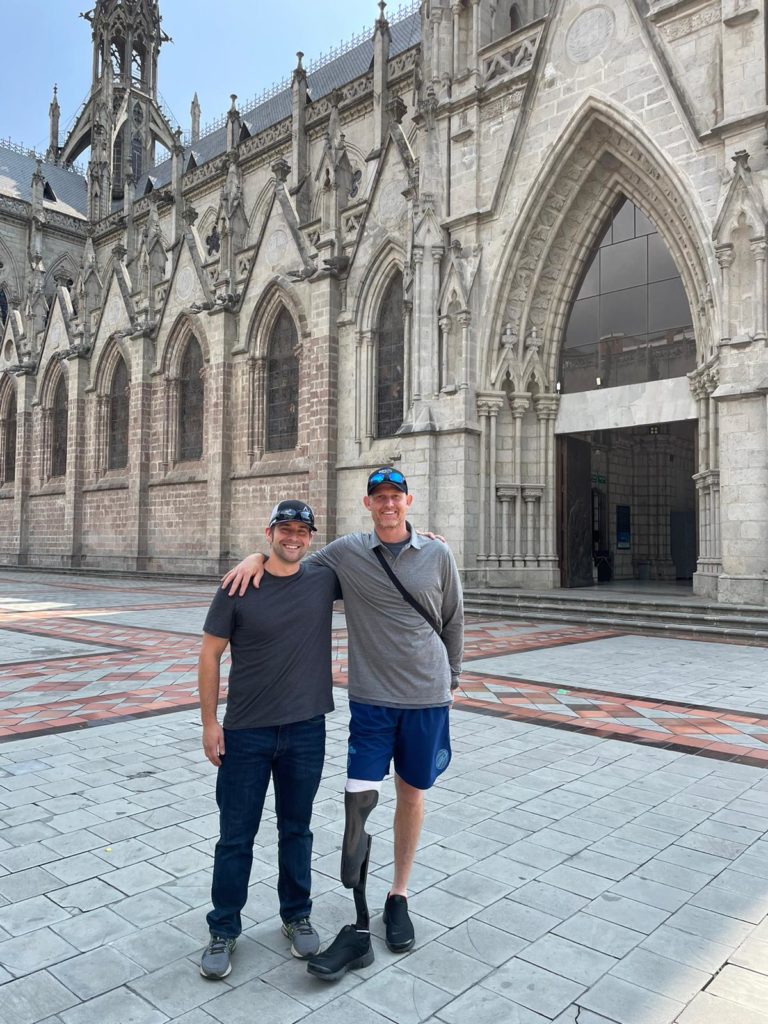
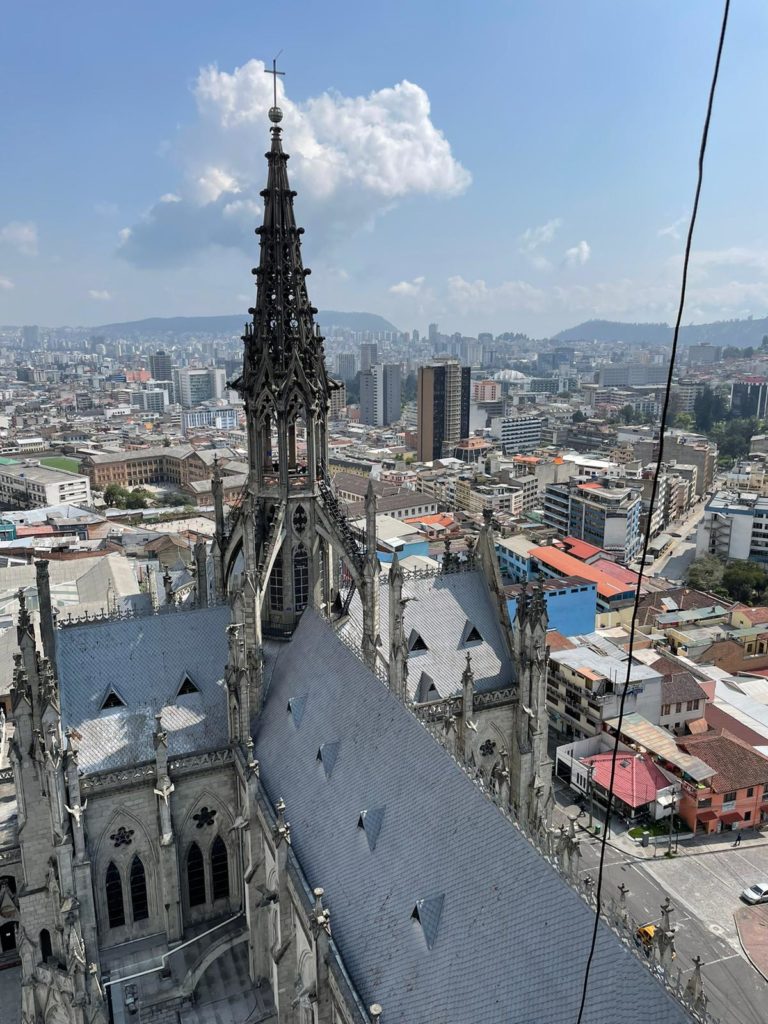
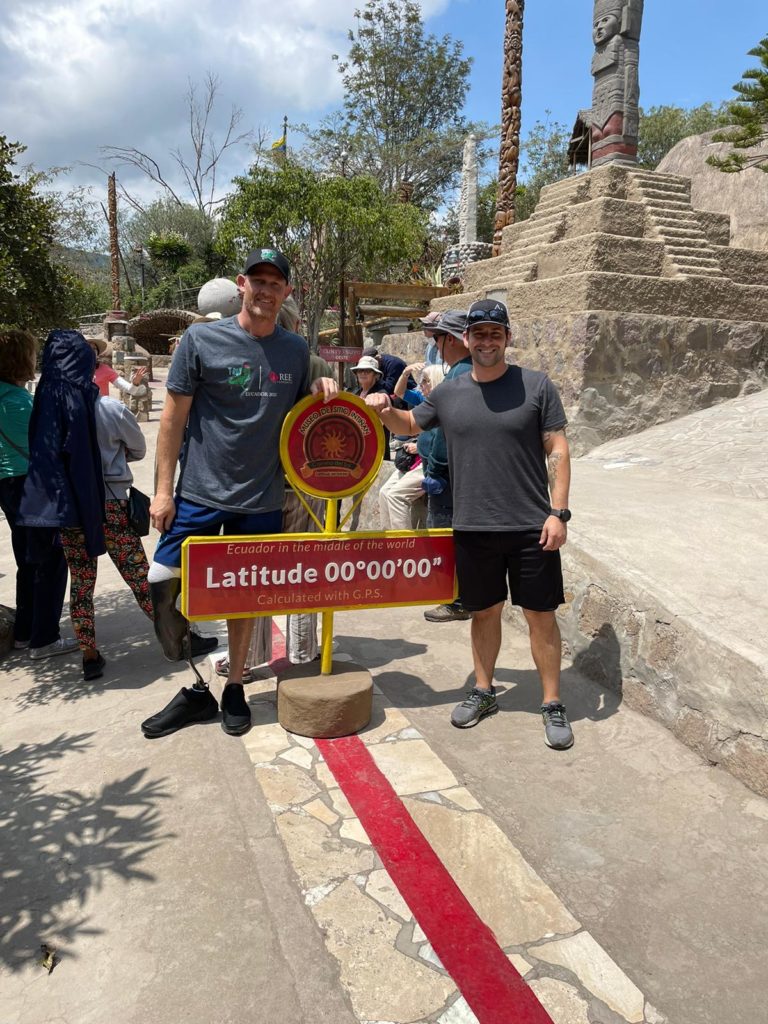
Cayambe Summits!
This Ecuador Expedition has been about pulling rabbits out of hats and the team are doing a magic job! First we had Cotopaxi closed with volcanic activity and the team rolled with it with summits of Illiniza Norte and Illiniza Sur
A stable weather window in an otherwise dismal forecast saw the team take the opportunity today to skip their night at the mountain hut at Cayambe and make a run at the summit. Strong, willing and acclimatized they hit the top of at 7am this morning! Congratulations to all our climbers.
Tonight they are staying at Puerto Lago which is a nice hotelria just South of Otavalo.
Tomorrow they will be back on the regular itinerary and heading to the hot springs at Papallacta to celebrate their summits.
Cheers
CTSS Team
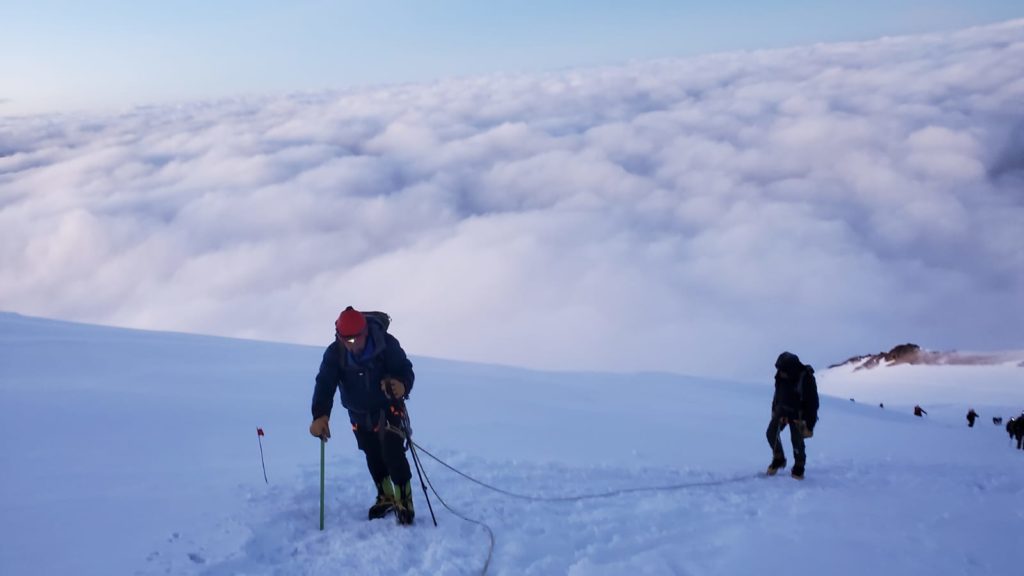


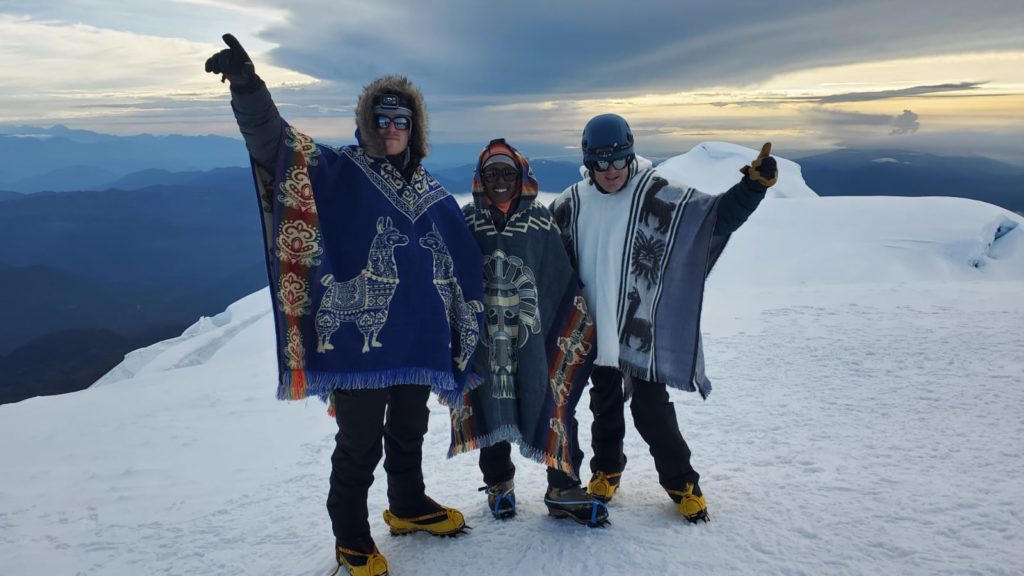
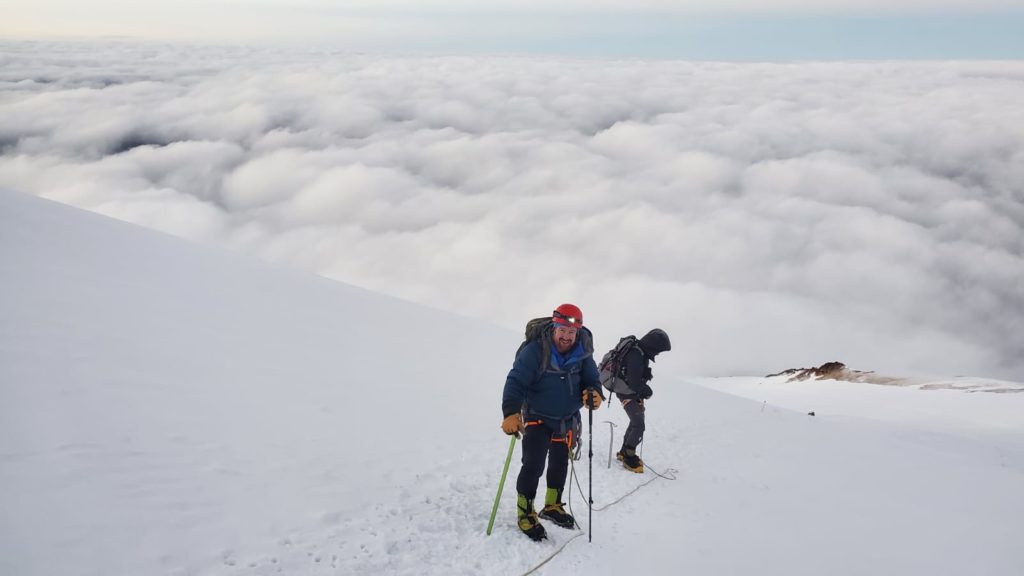
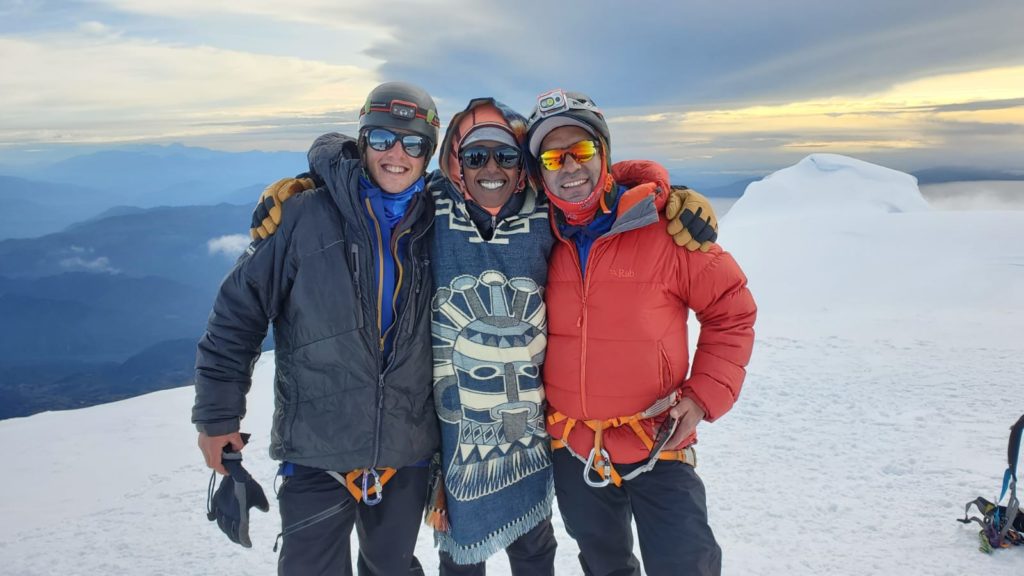
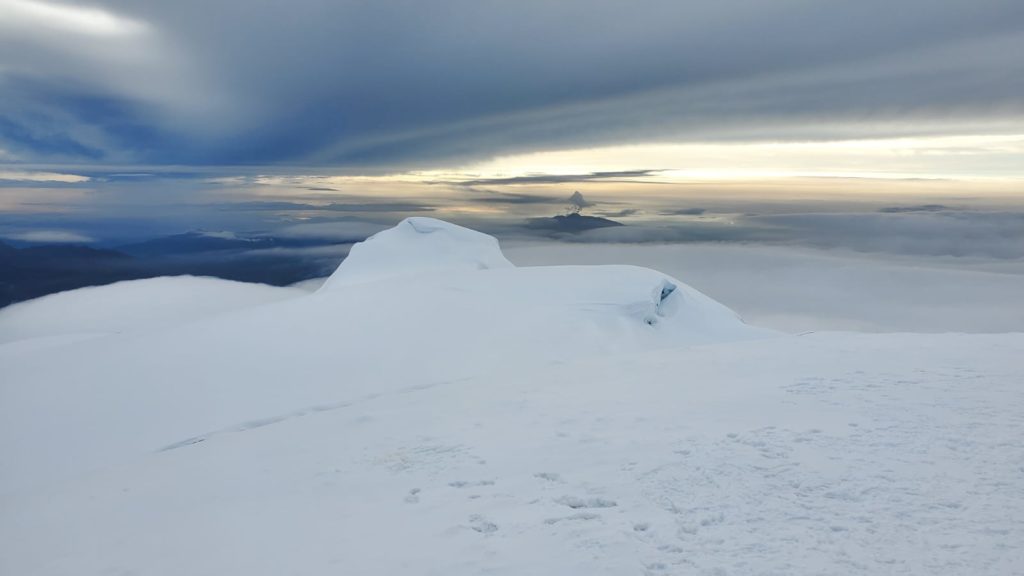
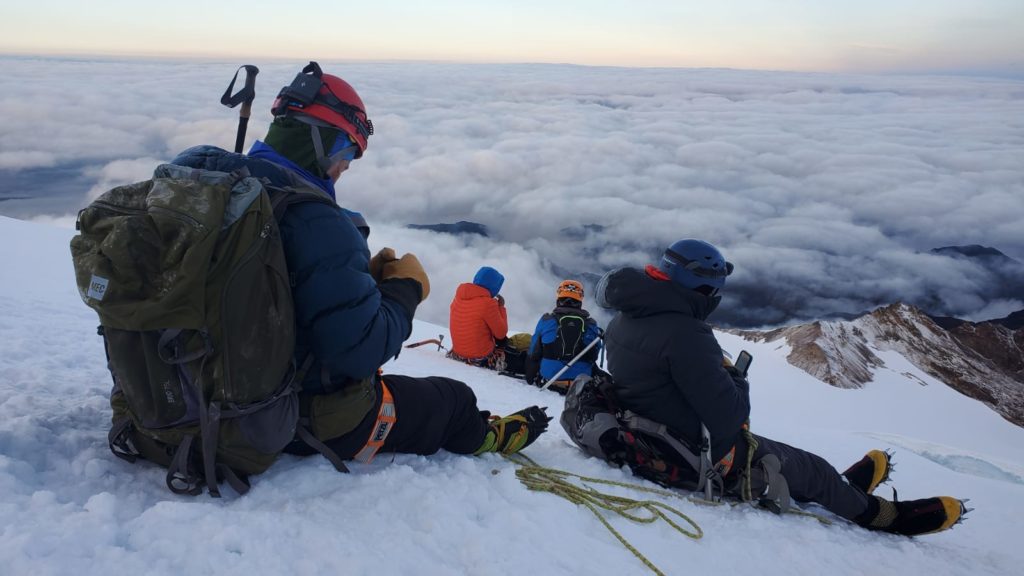
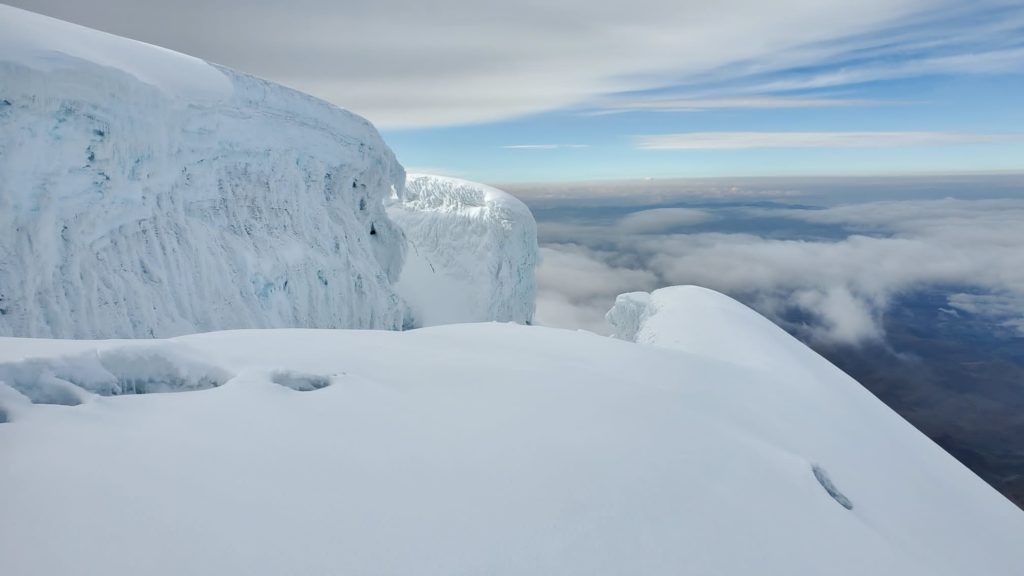
Summits on the Illinizas
With recent volcanic action meaning Cotopaxi is currently closed for climbing, the team pivoted quickly and efficiently to Plan B and have all summited in style as their reward.
On Illiniza Sur (South) we had summits from Schuyler, Rhawa, Guides Jacy and Edgar via the steep glacier route.
On Illiniza Norte (North) Craig, Patrick, Brandon & Veronica summited with Guides Raul & Segundo.
The team met back at the trailhead and took the bus to the amazing La Cienega hacienda, where everyone is enjoying a well deserved rest before they head to Cayambe.
Here are some pics of the teams.
Cheers
CTSS Team
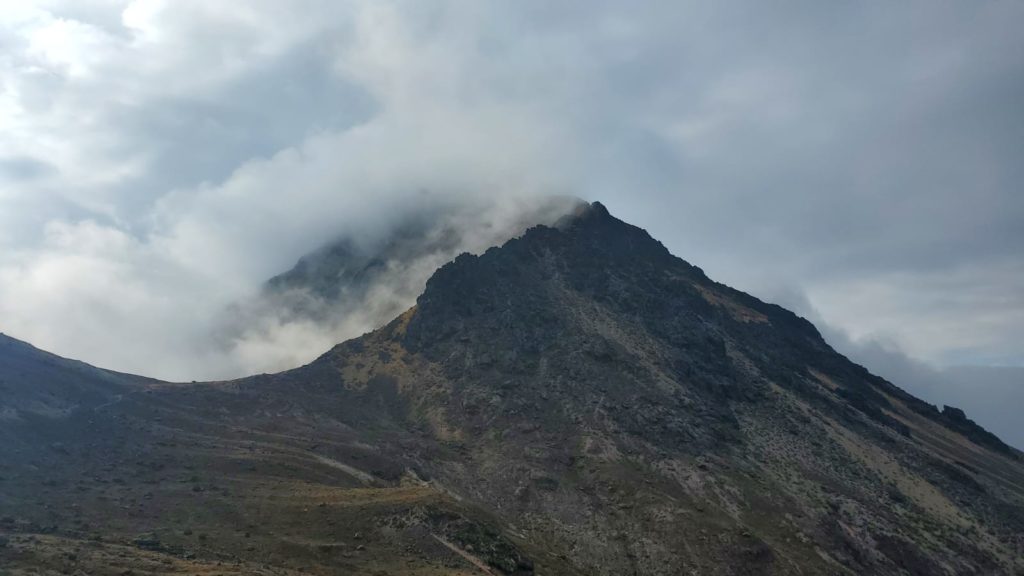

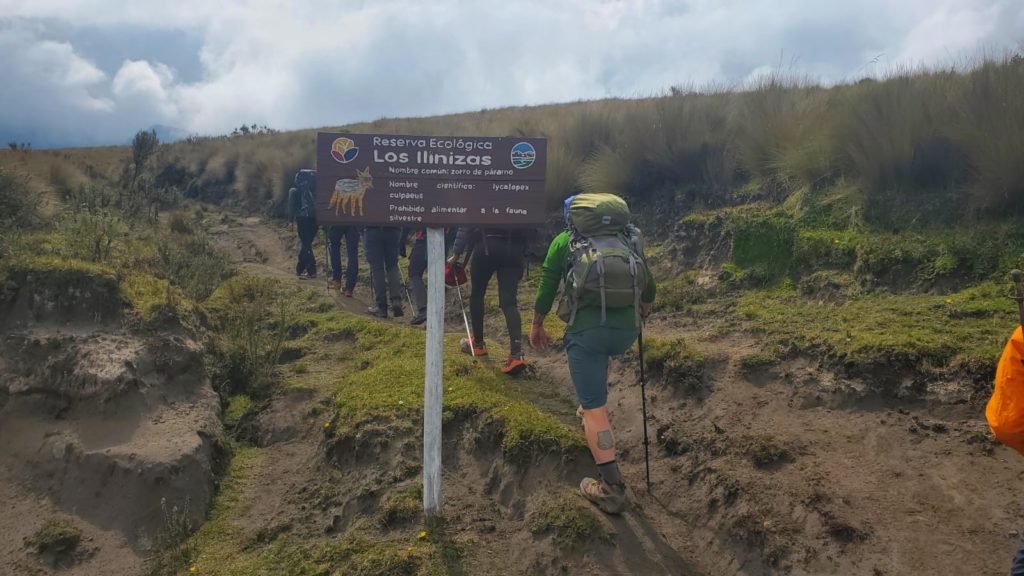
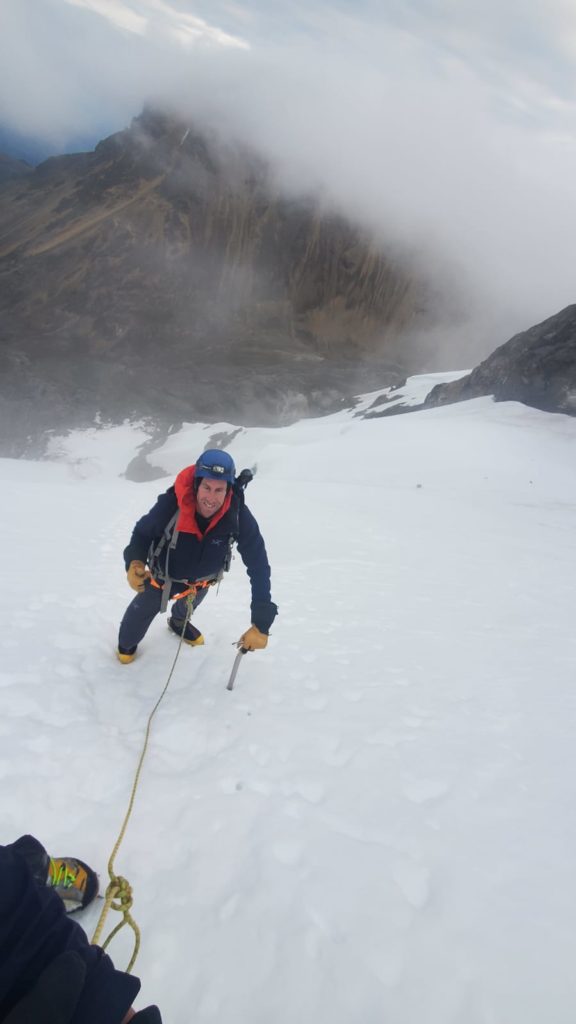
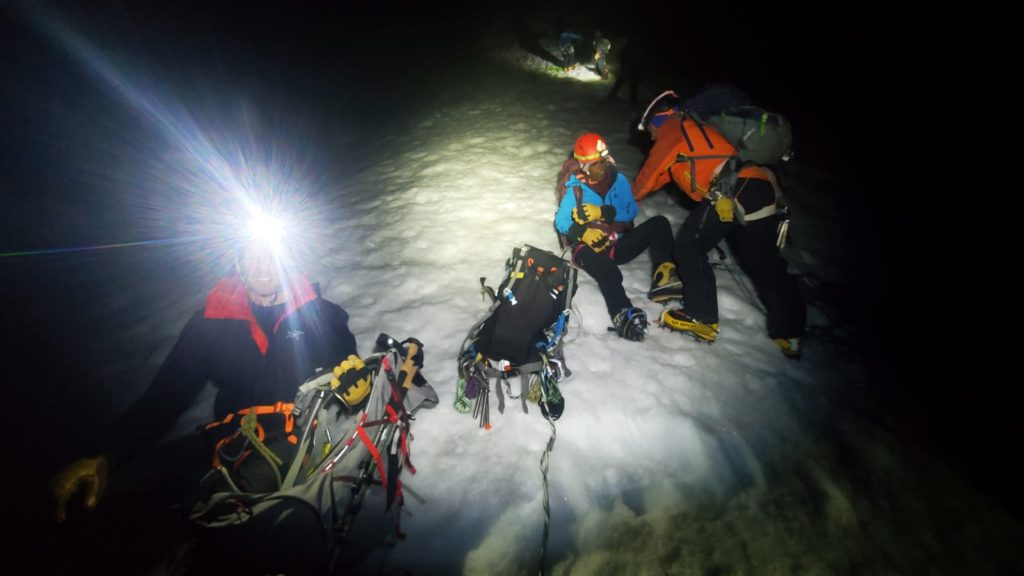

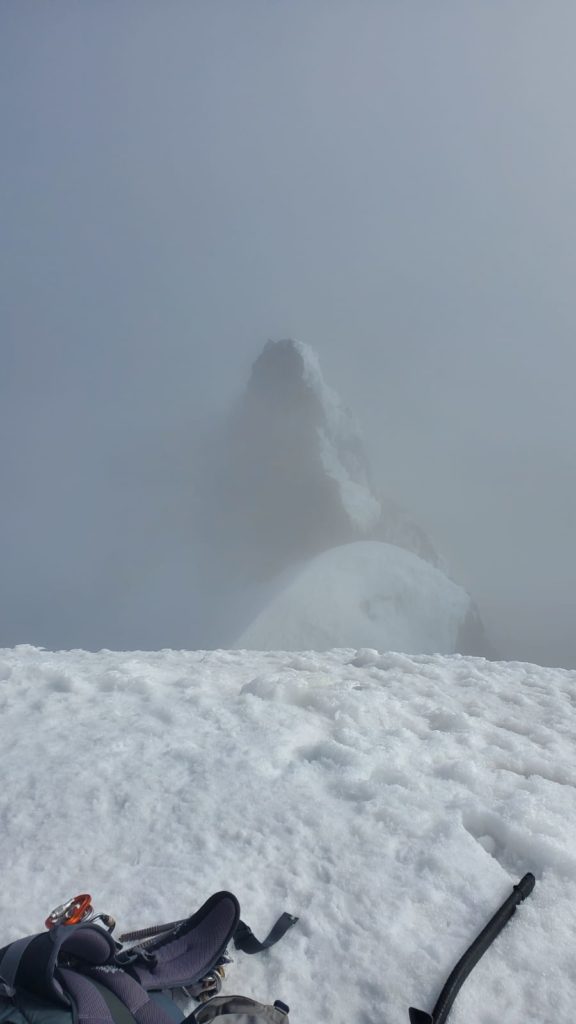
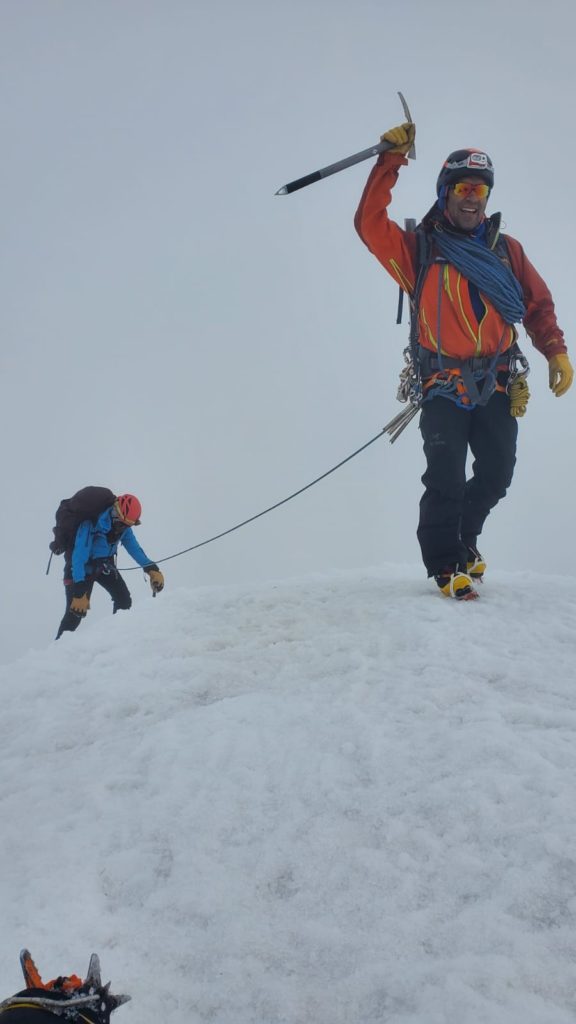


Technical Training in Ecuador
The team are doing a stellar job in Ecuador.
Yesterday they covered cramponing on hard ice using various techniques for steep bare ice and set up belays using ice screws on the lower slopes of Cotopaxi. Crowd favourite was their self arrest training and sliding on the snow (which they were lucky to find in current conditions).
The team is moving very well at altitude and in various conditions. They tagged 16,400ft which is the highest they've been on the expedition thus far, moving as a rope team through the glaciers.
With the summit climbing route on Cotopaxi still closed due to volcanic activity, the team have pivoted plan and today they are driving to the trailhead of Los Illinizas where they will use a mule team to move some of their heavier gear up to the mountain hut and have dinner and sleep. The next day, they may split up with part of the team heading to Illiniza Norte to do more high altitude hiking/scrambling and the folks who really loved the ice portion of training will head to climb Illiniza Sur which is a steep glacier involving a short low angle ice climbing section.
Then it is onward to Cayambe!
All well in Ecuador.
Cheers
CTSS Team
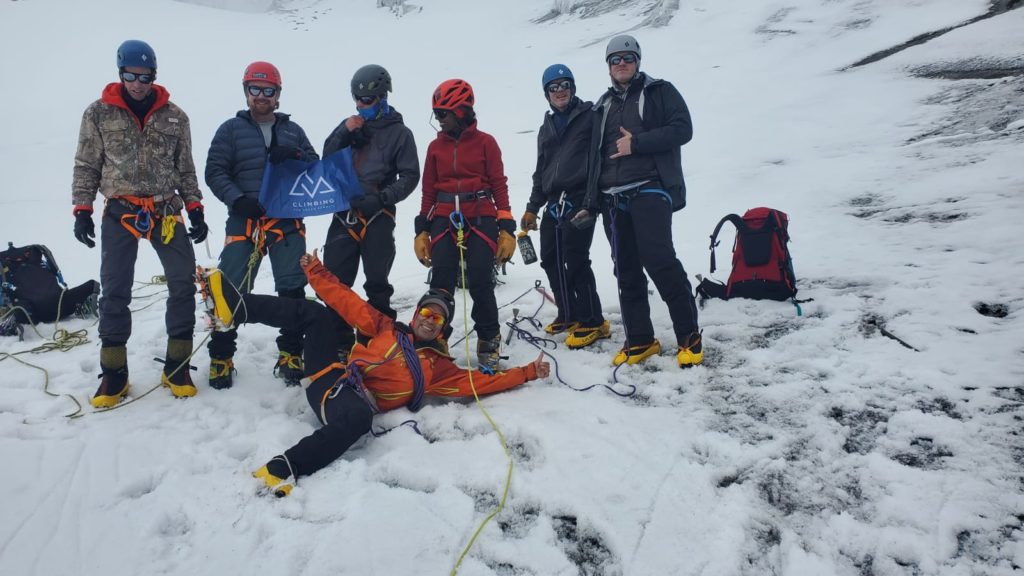
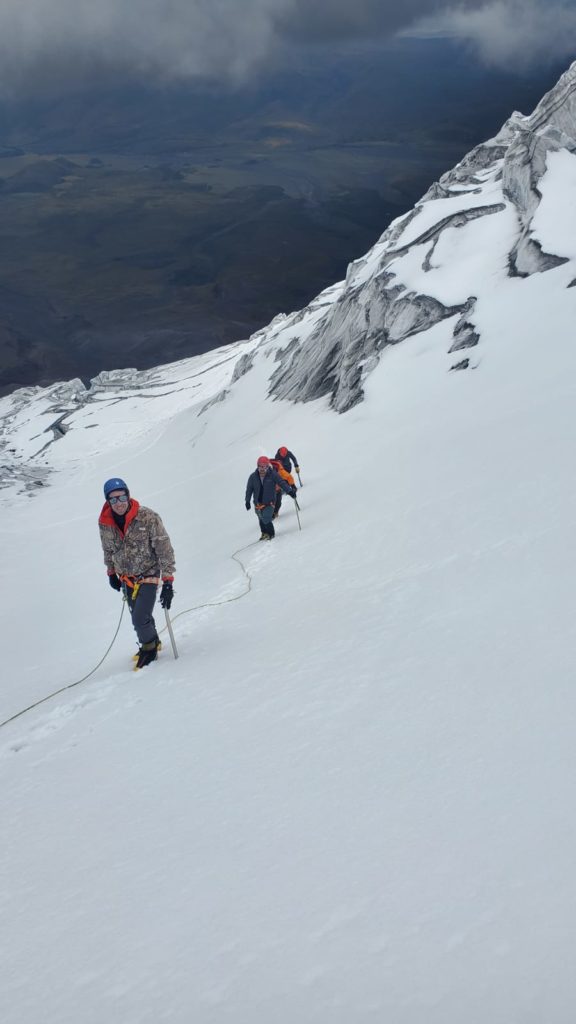

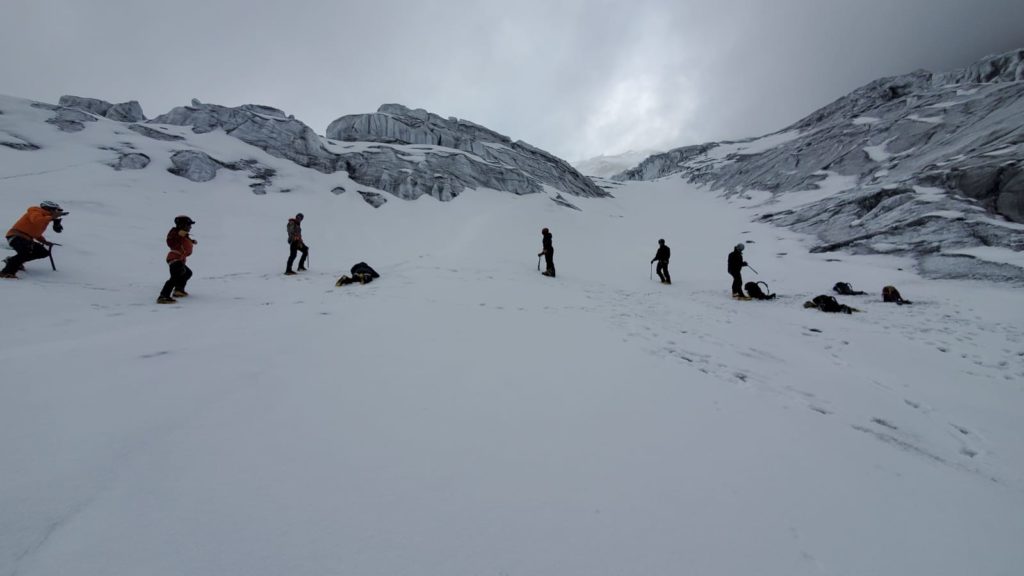
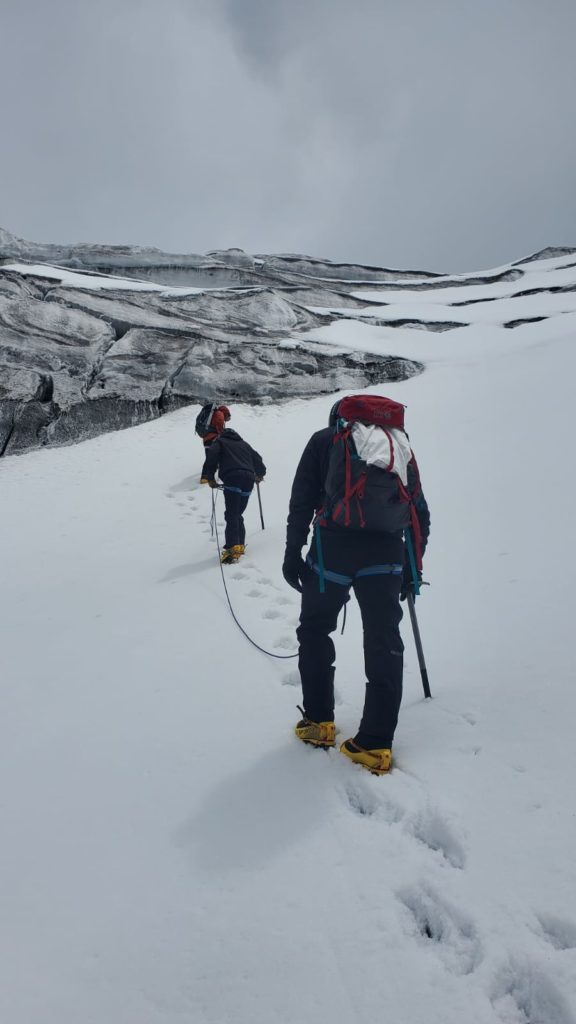
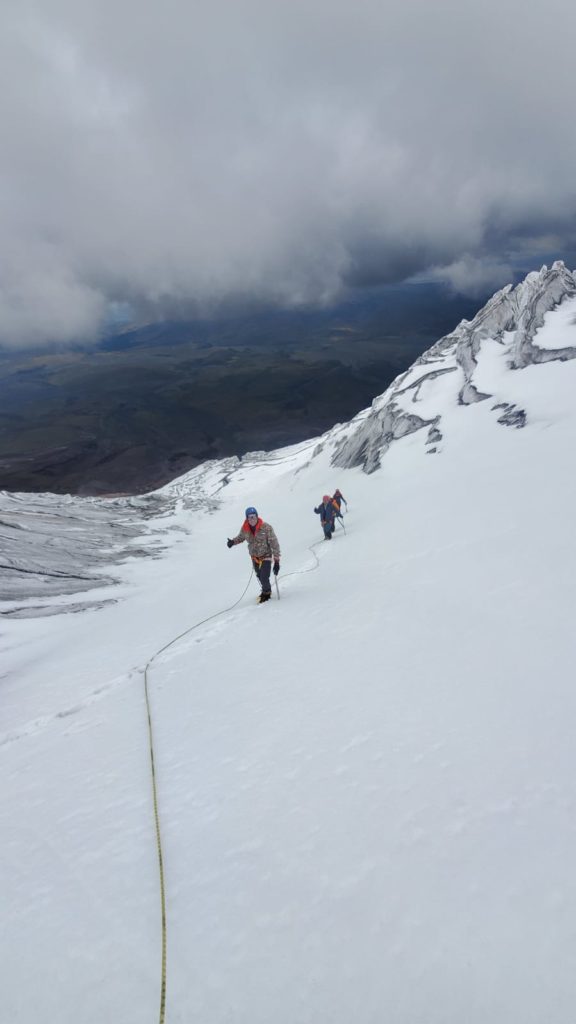
Acclimatization in Ecuador
Our Ecuador team are off to a flying start.
They've toured Quito, tagged the Equator (where their GPS' read 000) visited the National Monument established by the French which was a marker for the equator but over time has shifted with continental drift. They then rode the Teleferico up to do an acclimatization hike up to 13,500ft. The highlight was some high altitude llamas who joined them!
Today they hiked Ruminahui up to 15,200ft which is a good altitude test and great for the legs and lungs to get prepped for the climbing that lies ahead.
Cotopaxi is still conservatively closed so they will do some training on the lower glacier fields far from any activity, before heading over to the Illiniza's for their first summit push.
Cheers
CTSS Team

